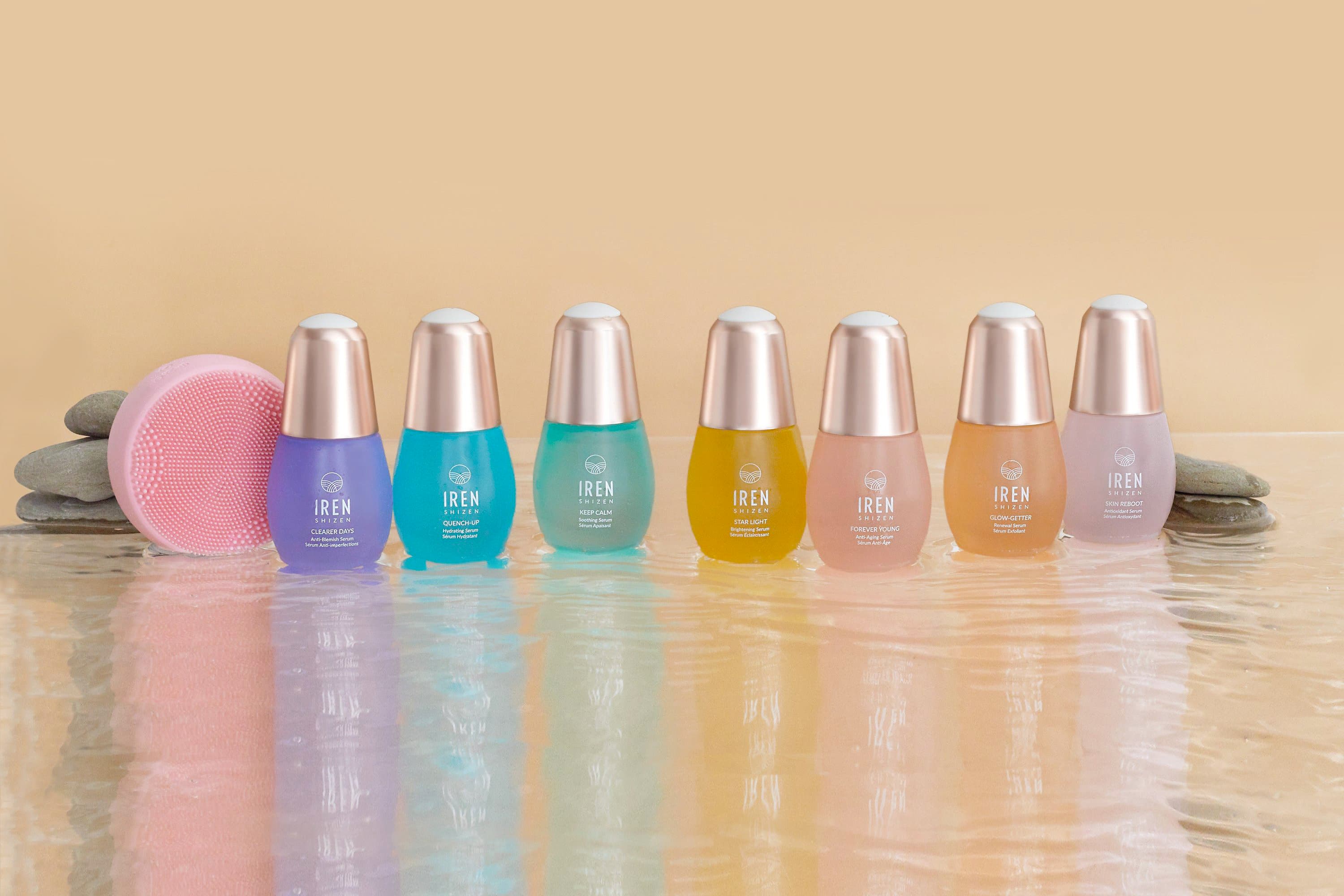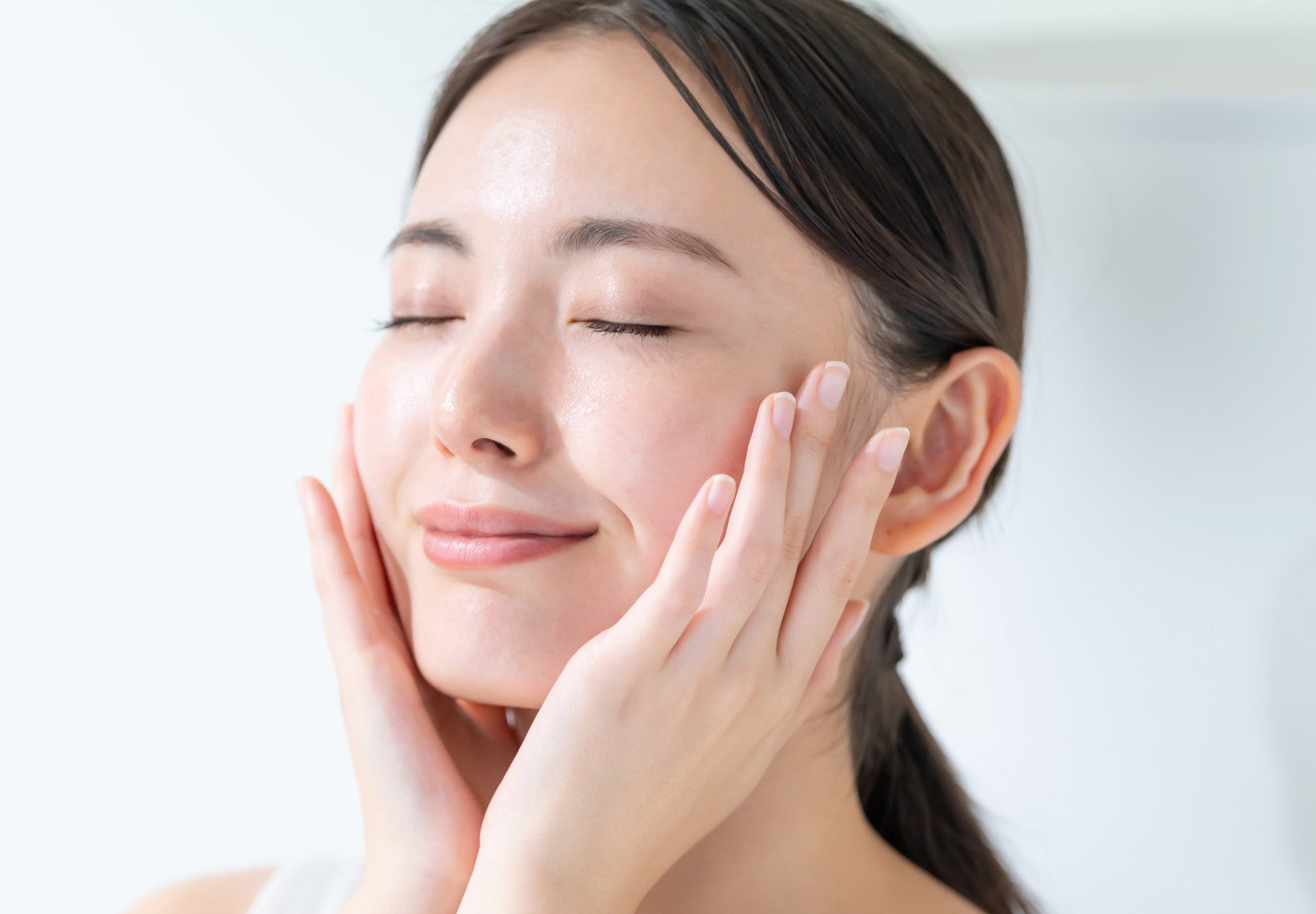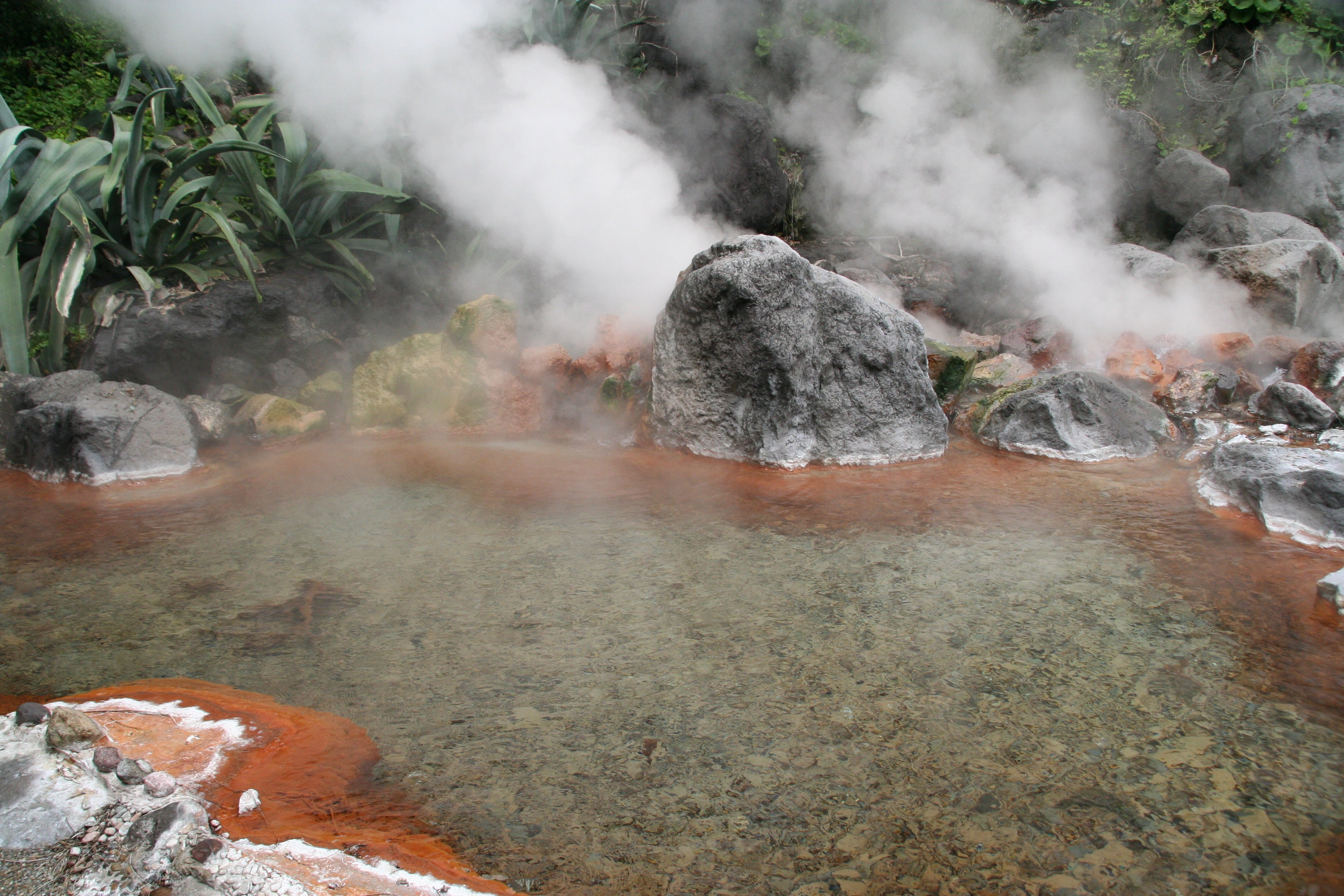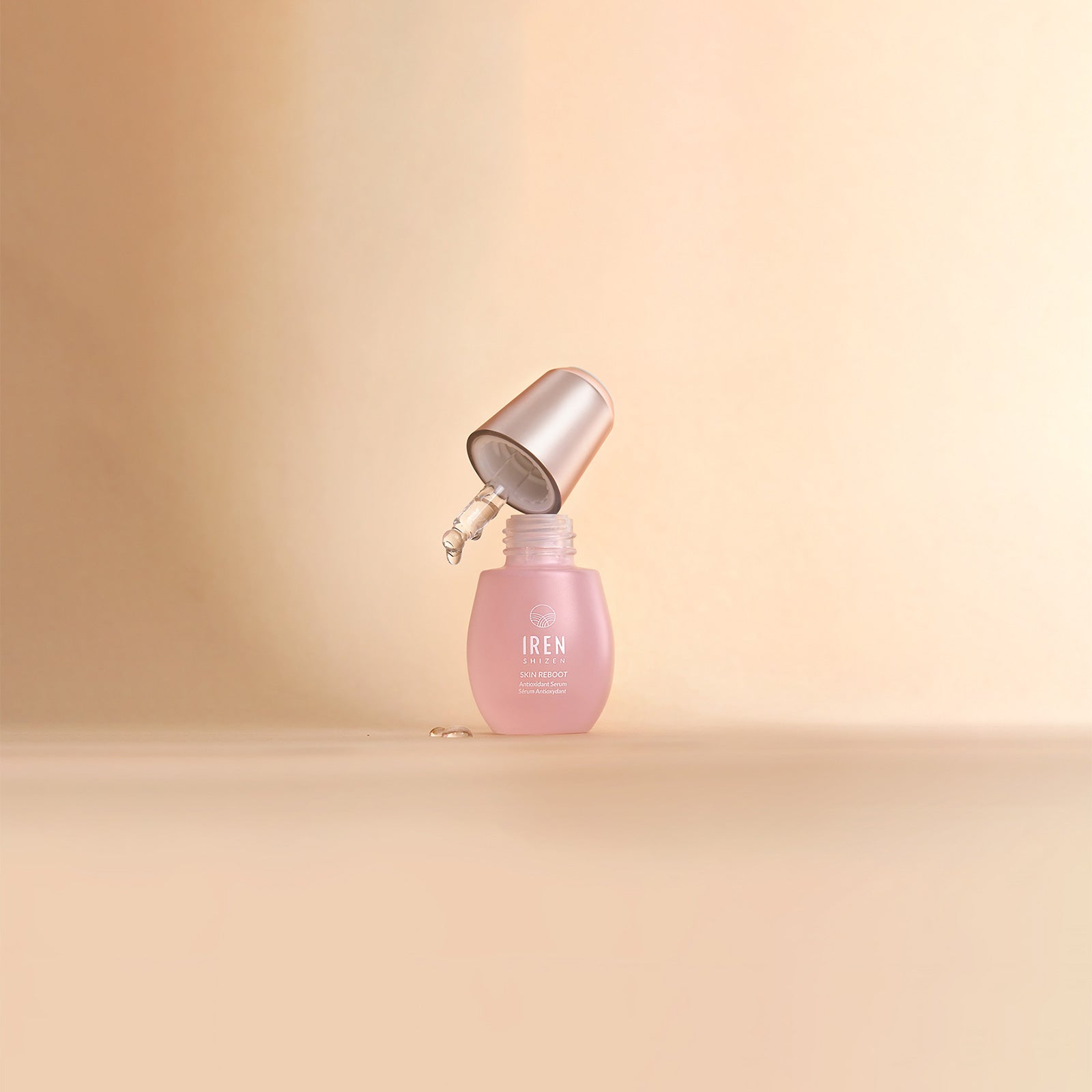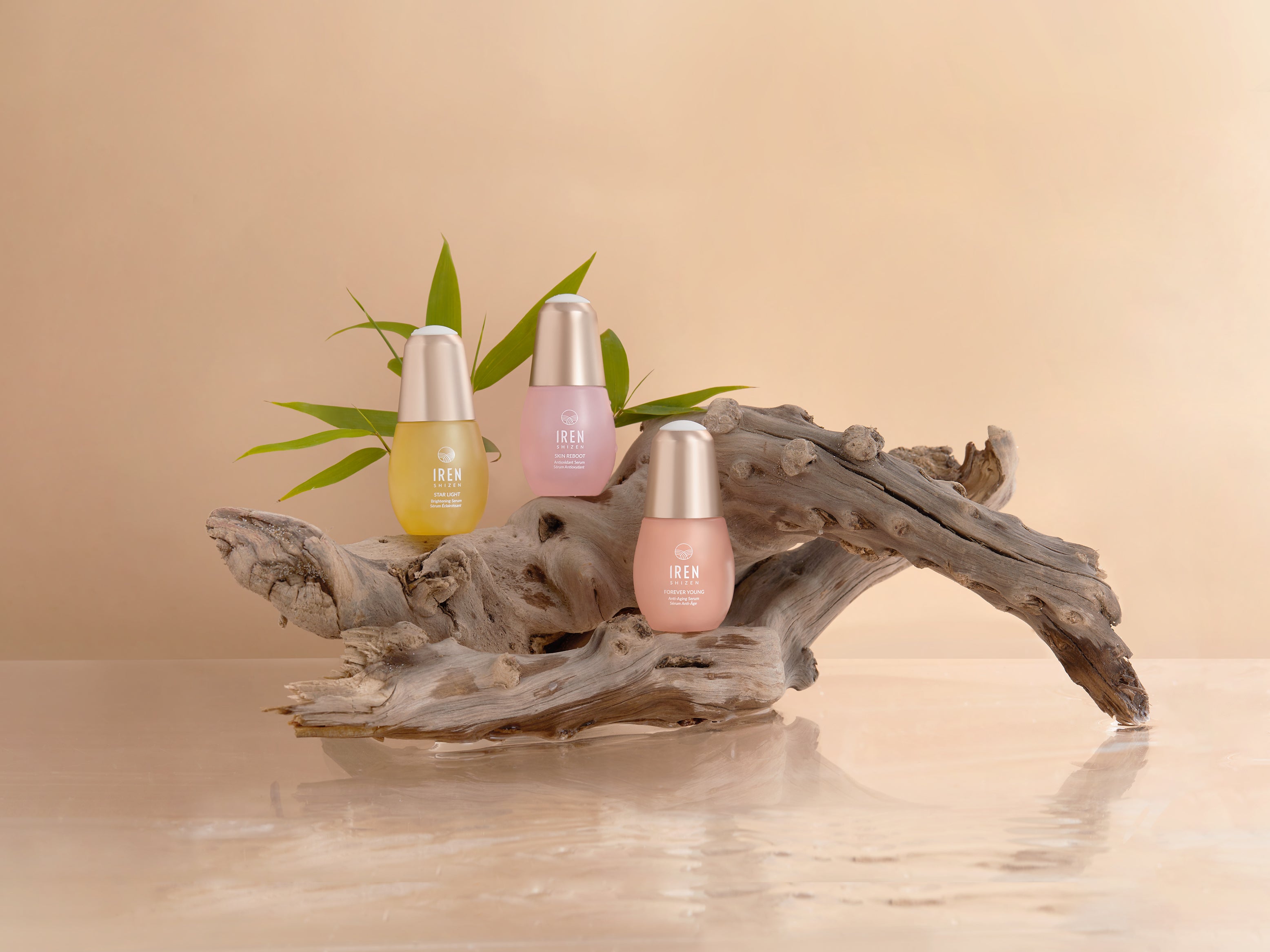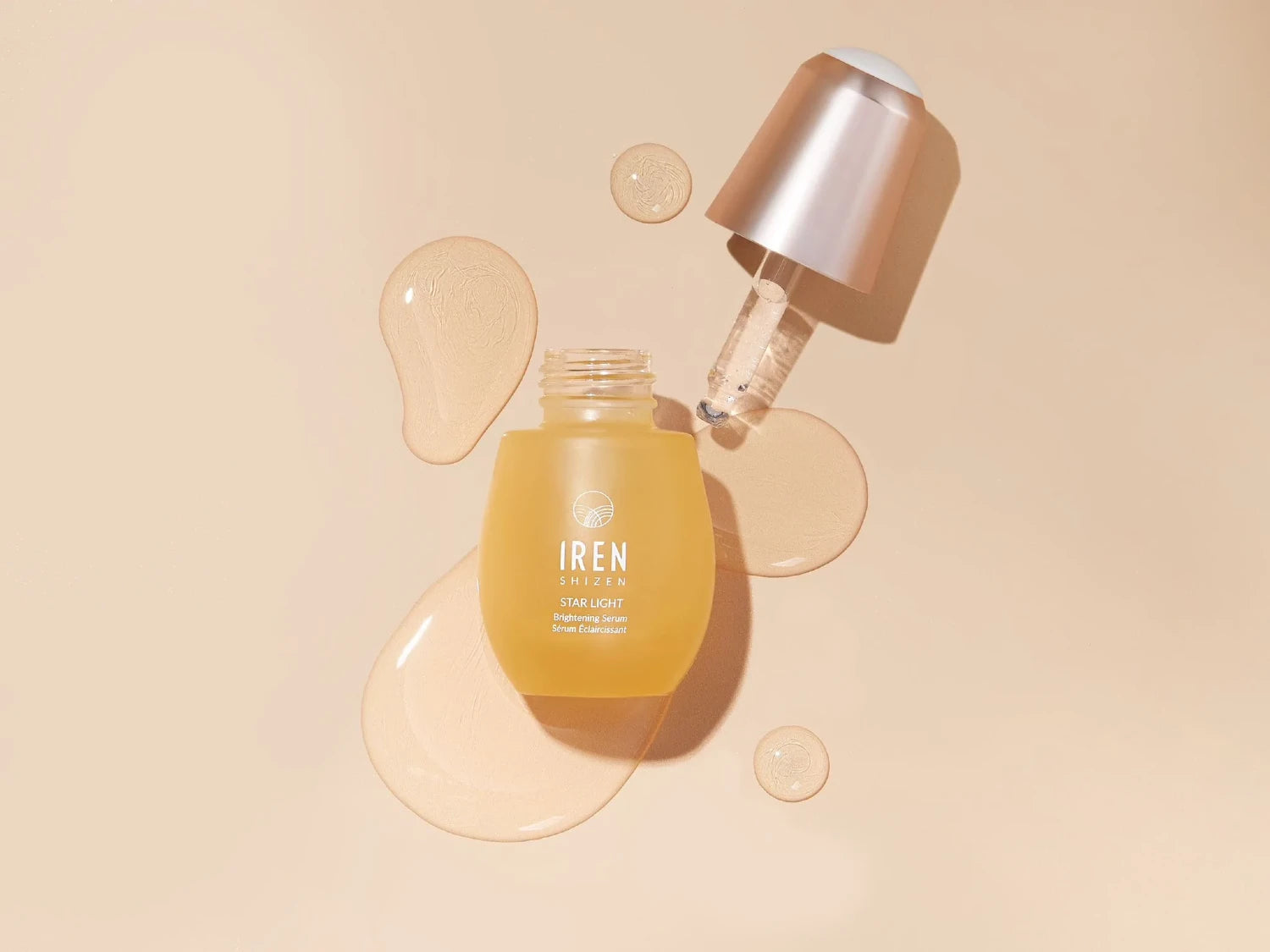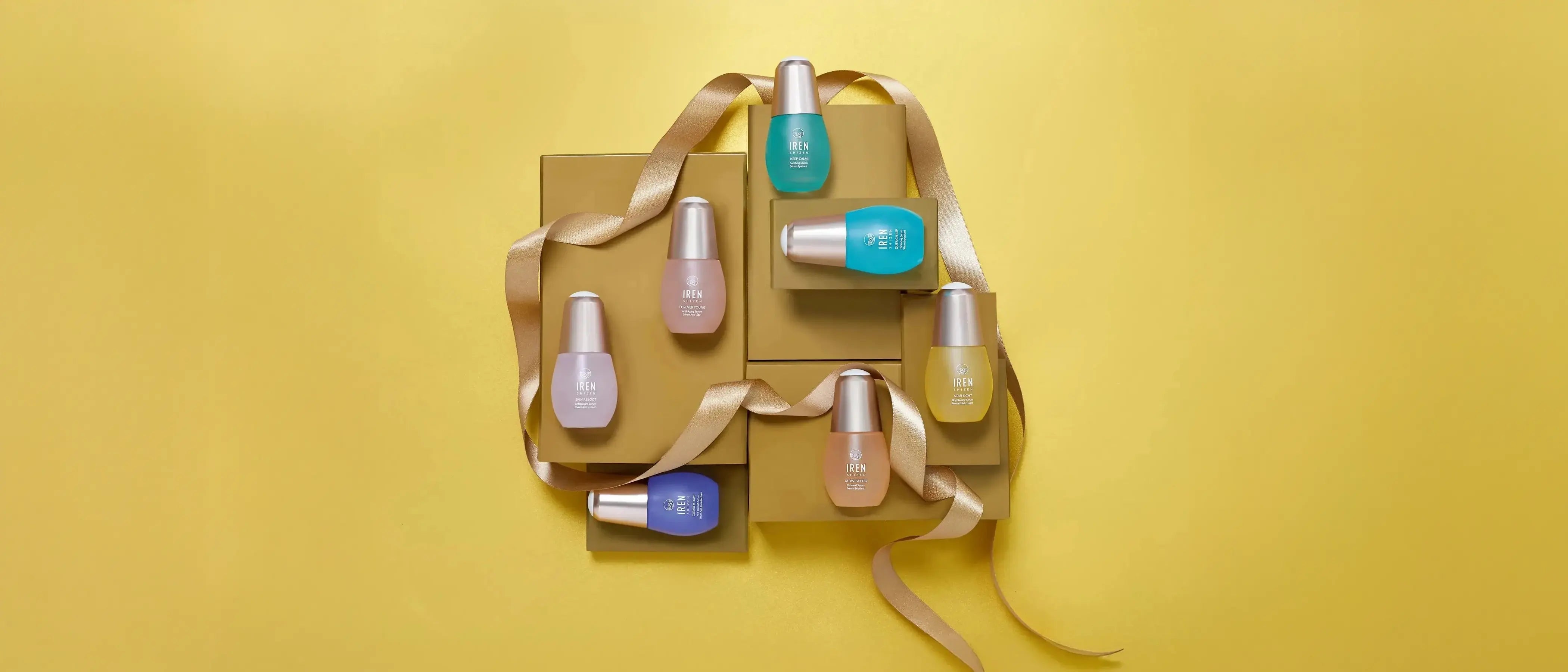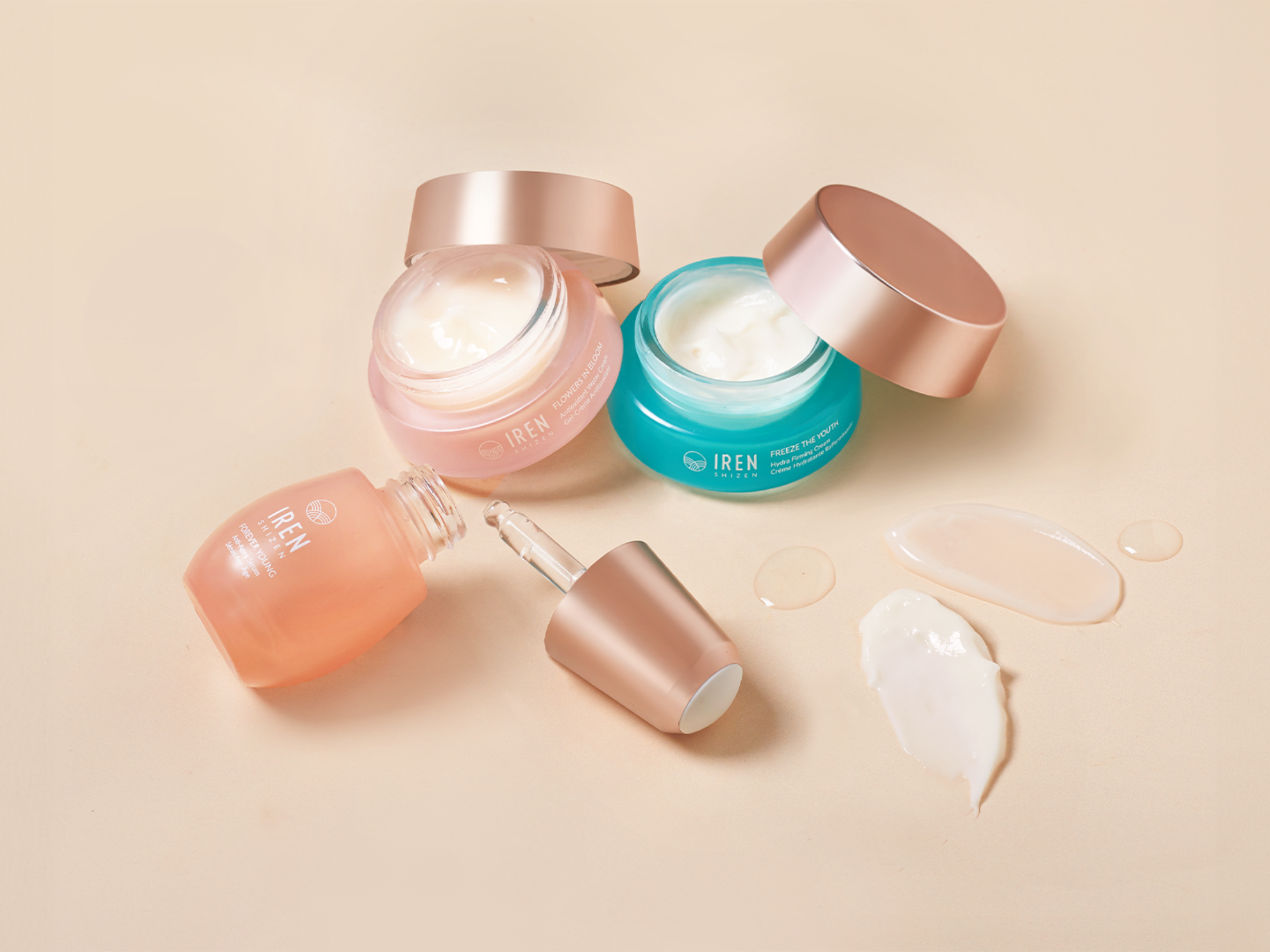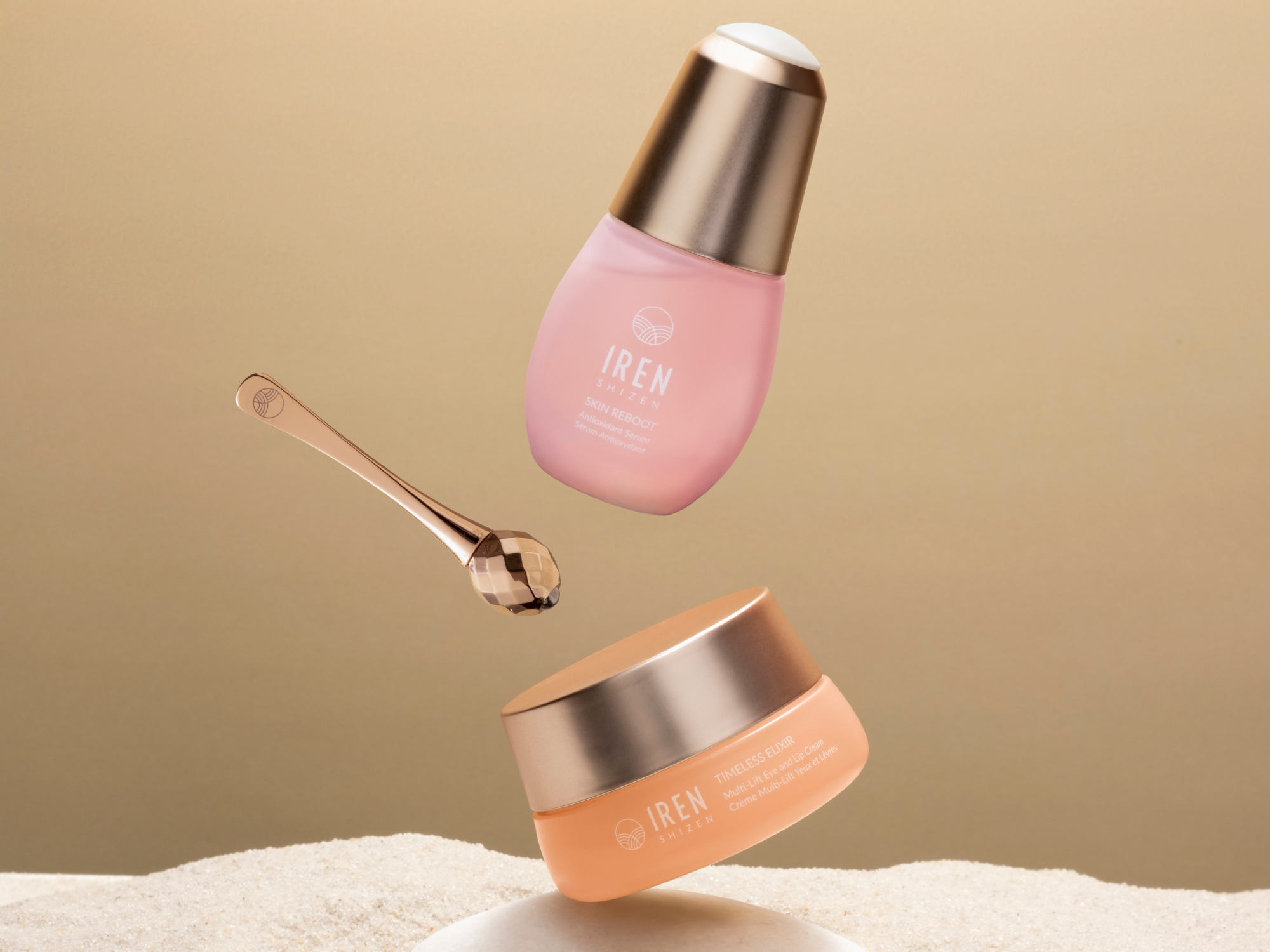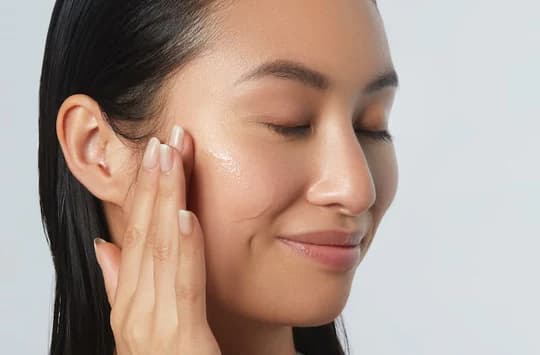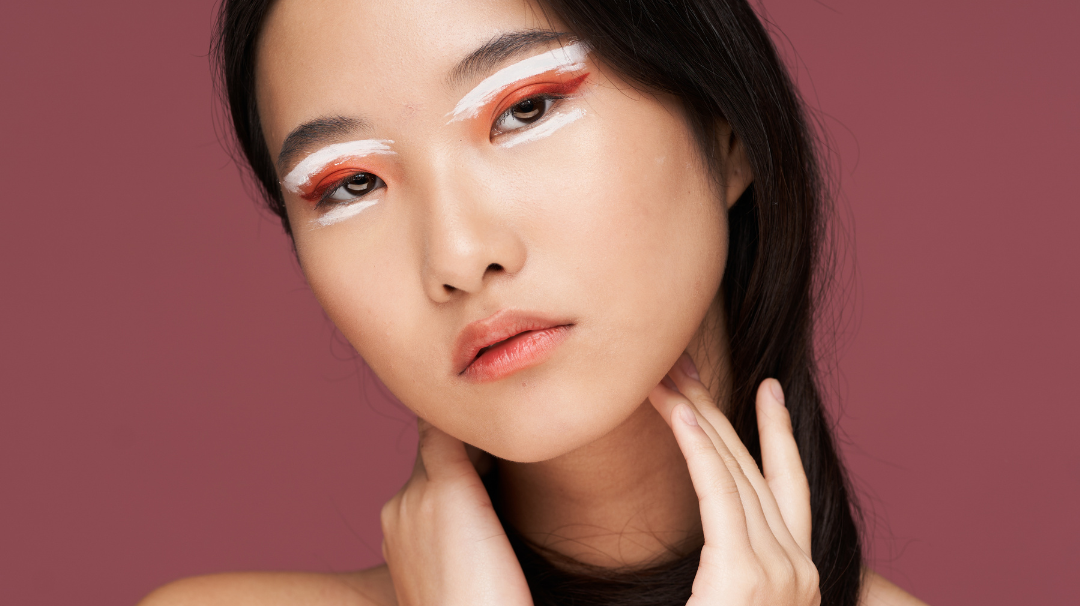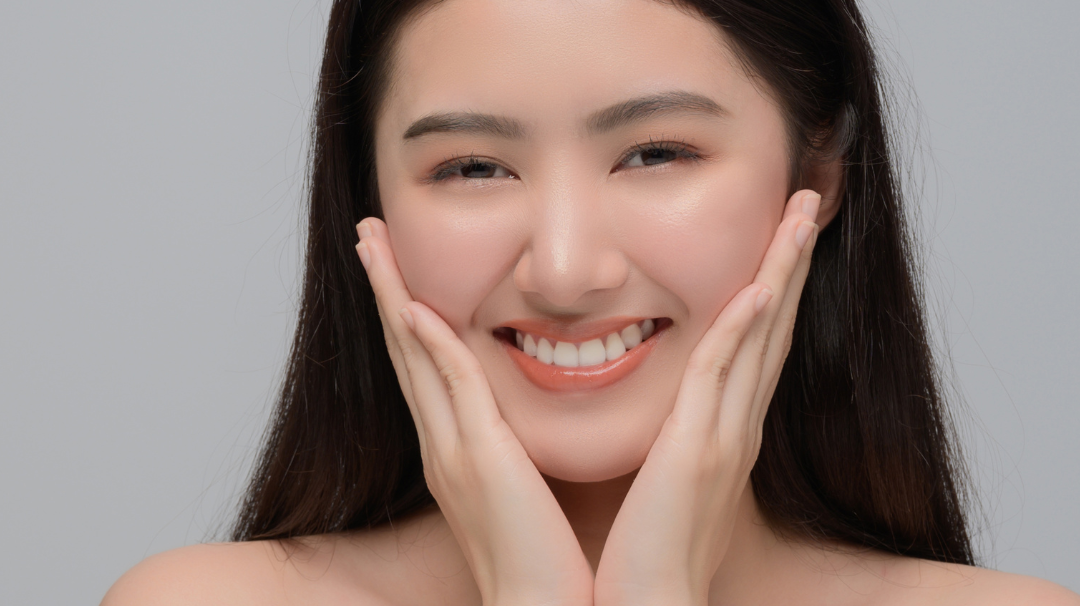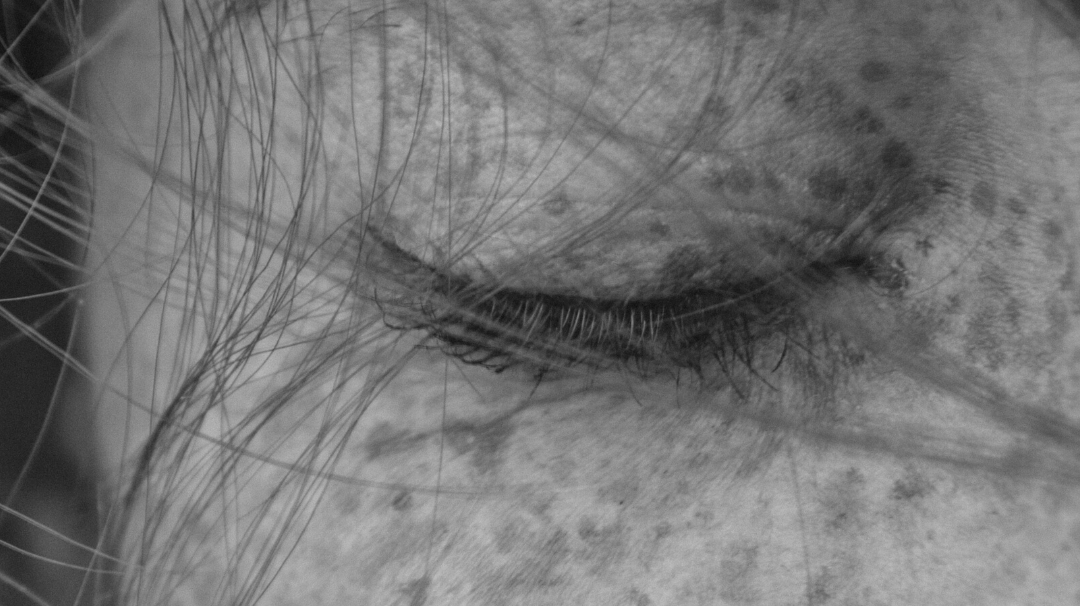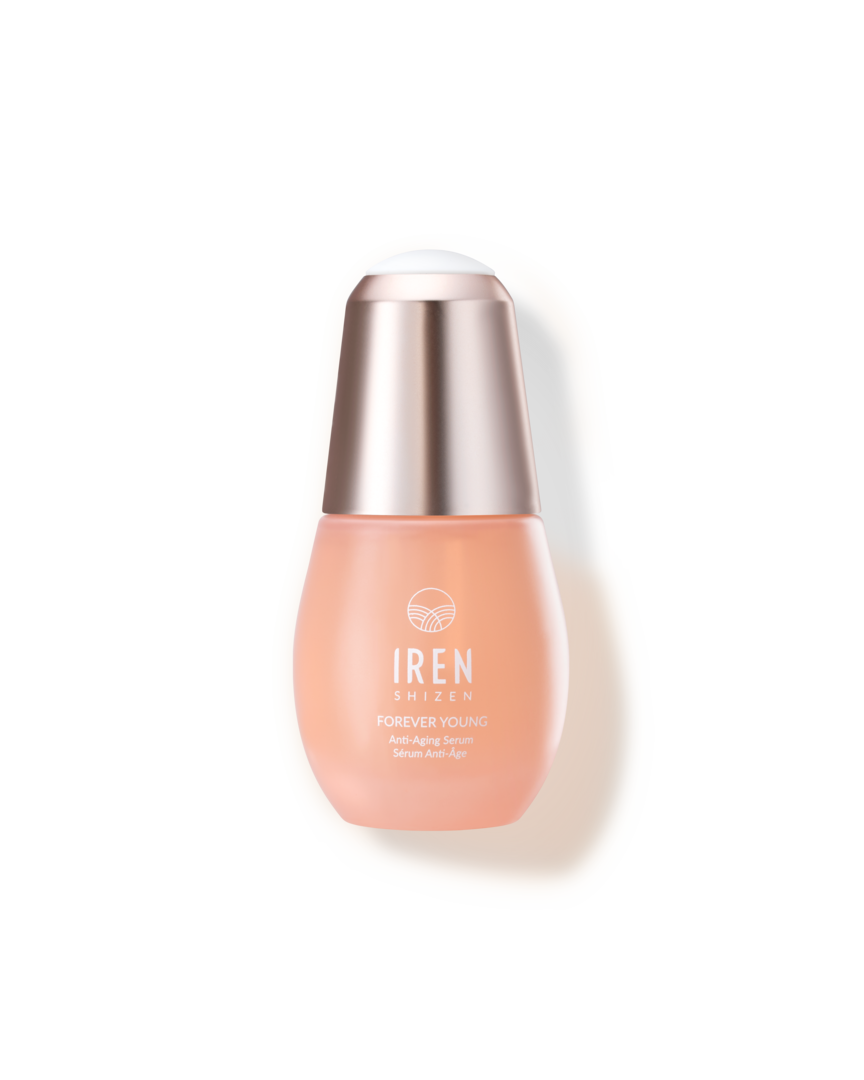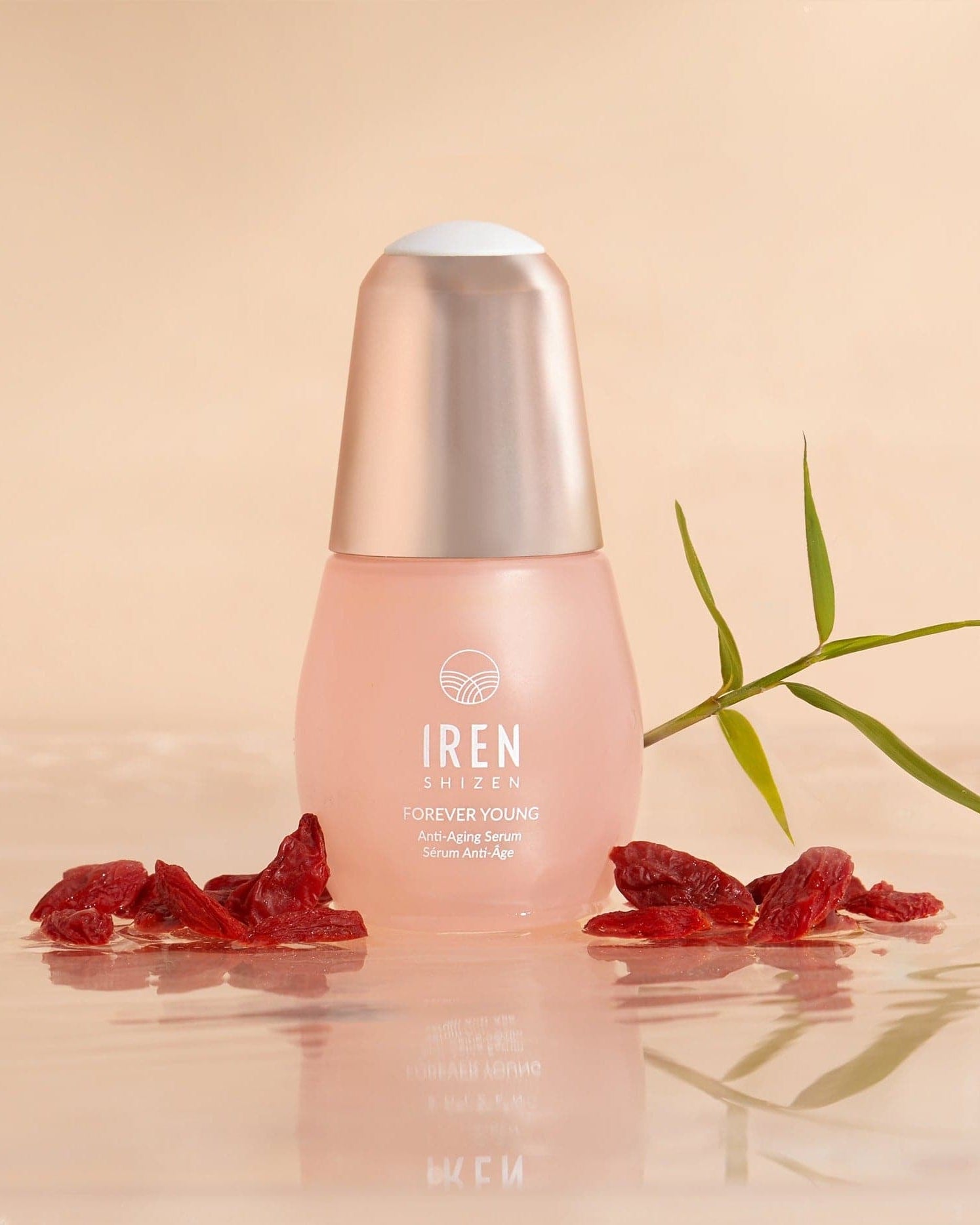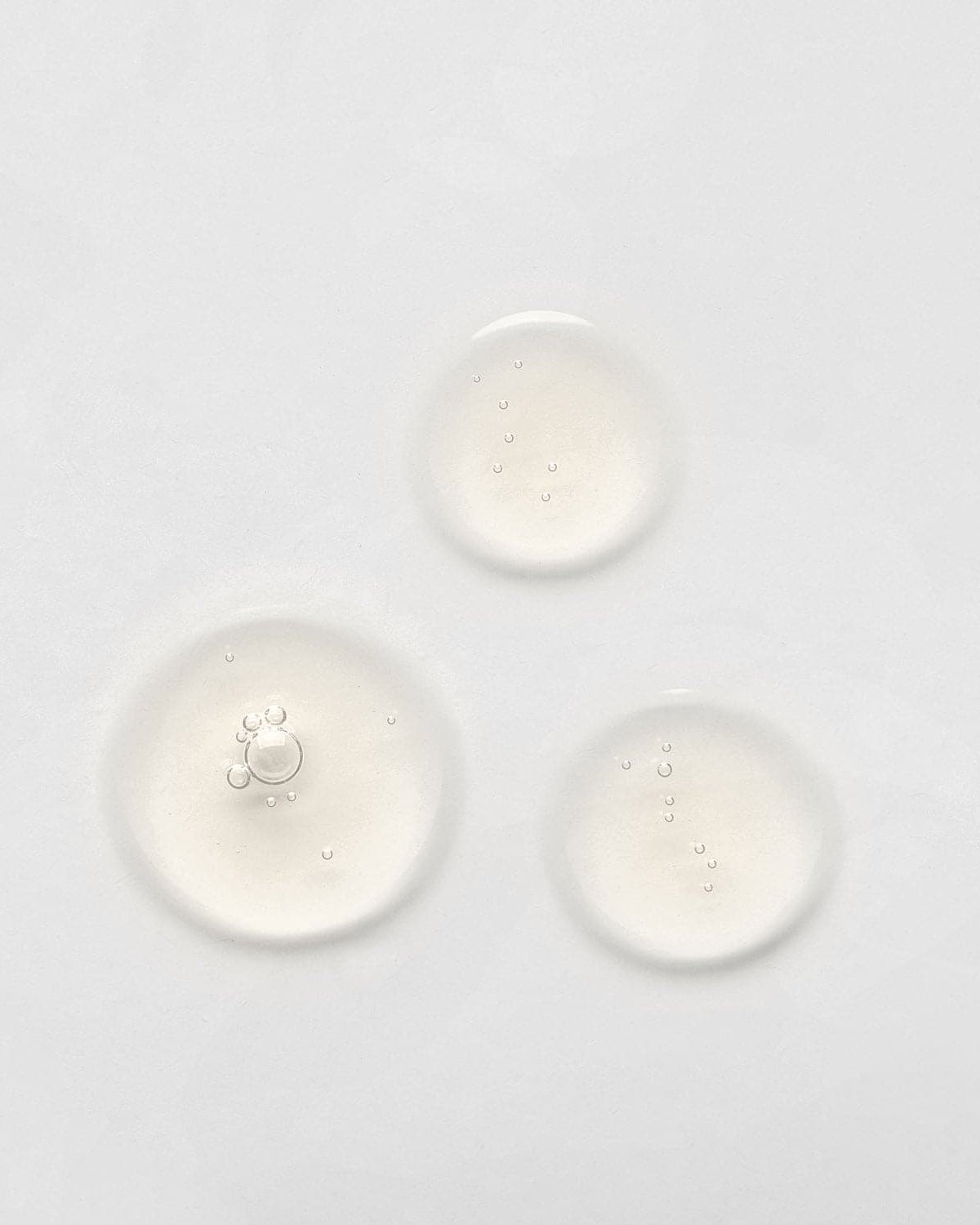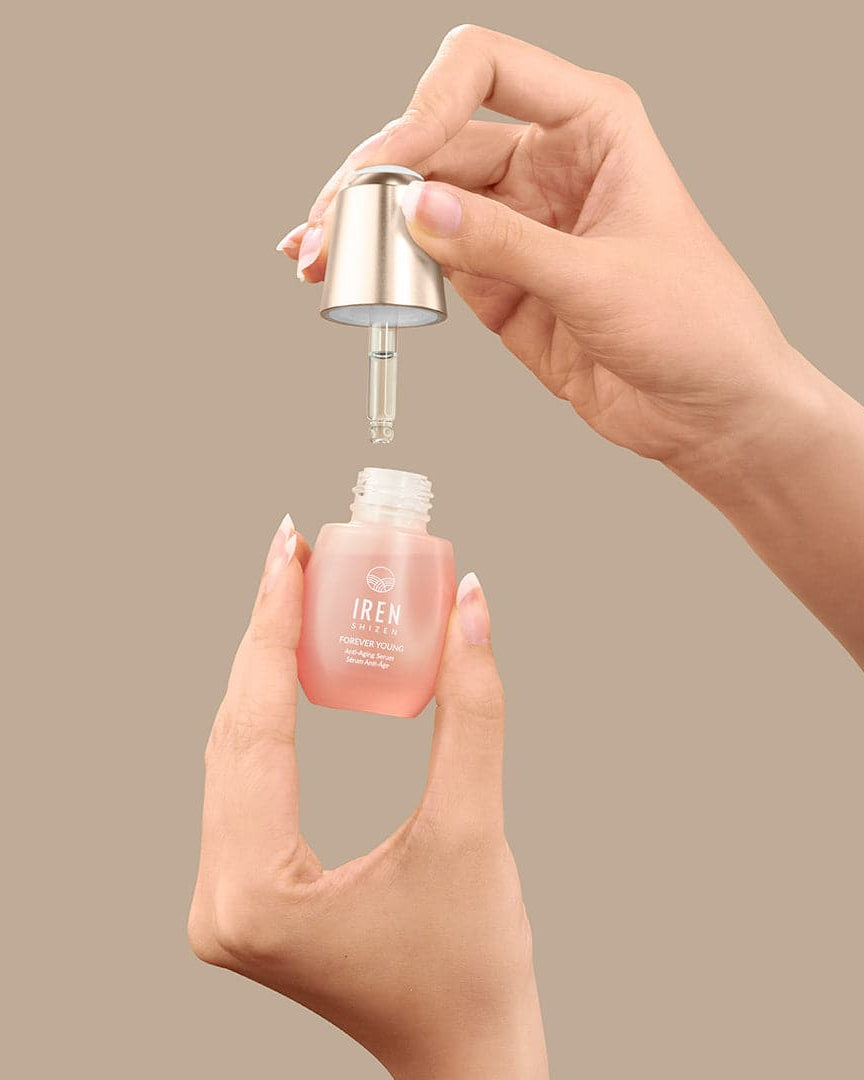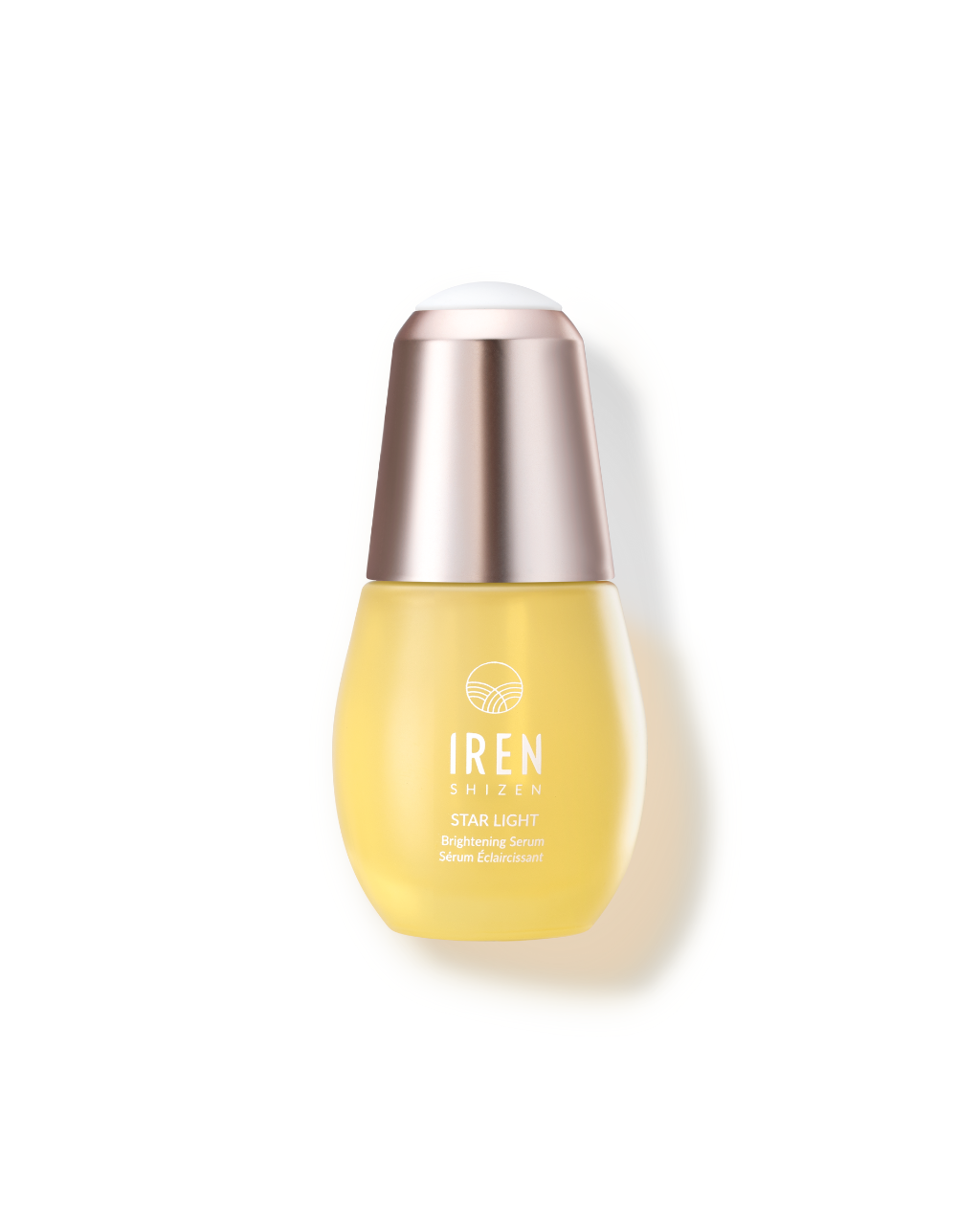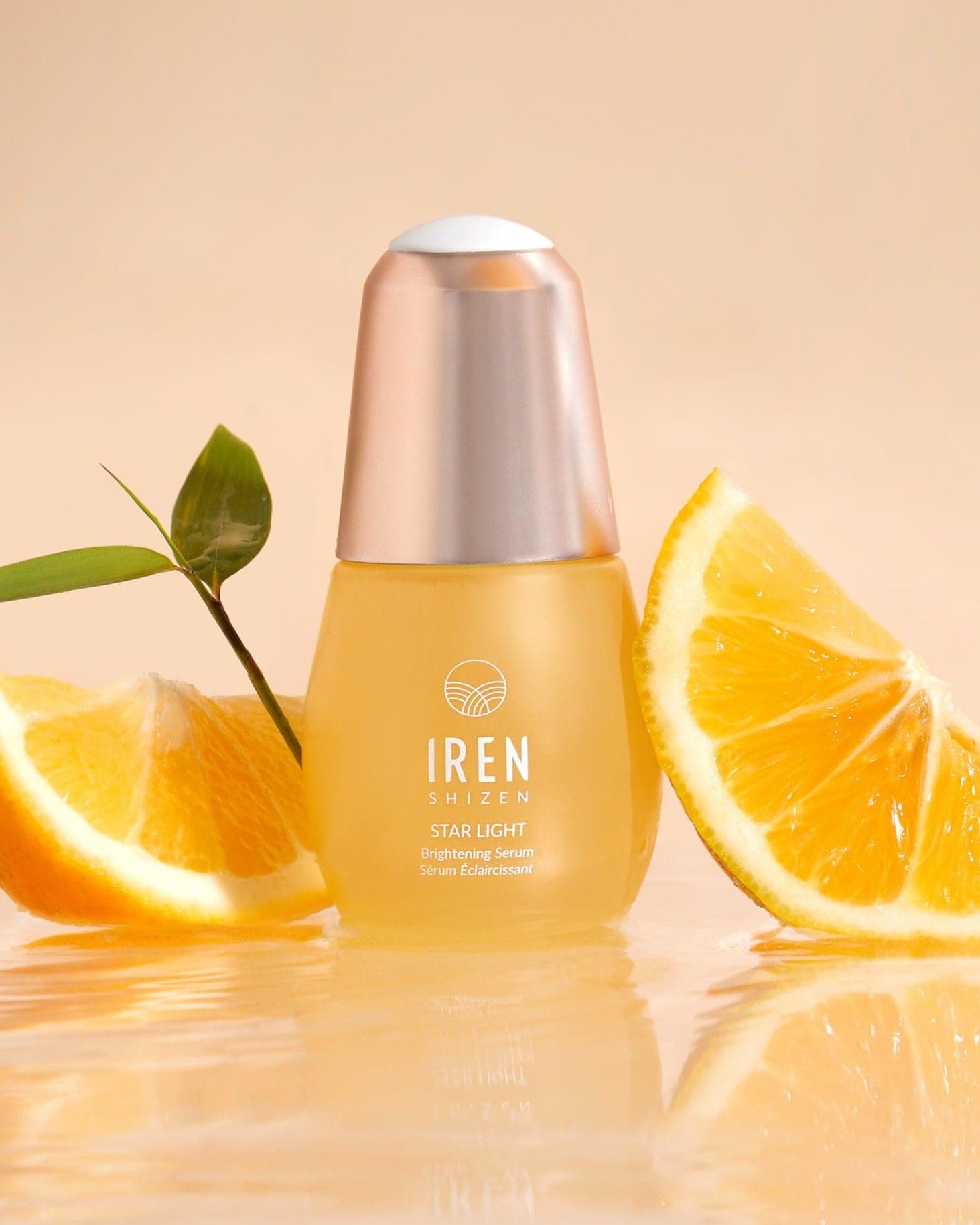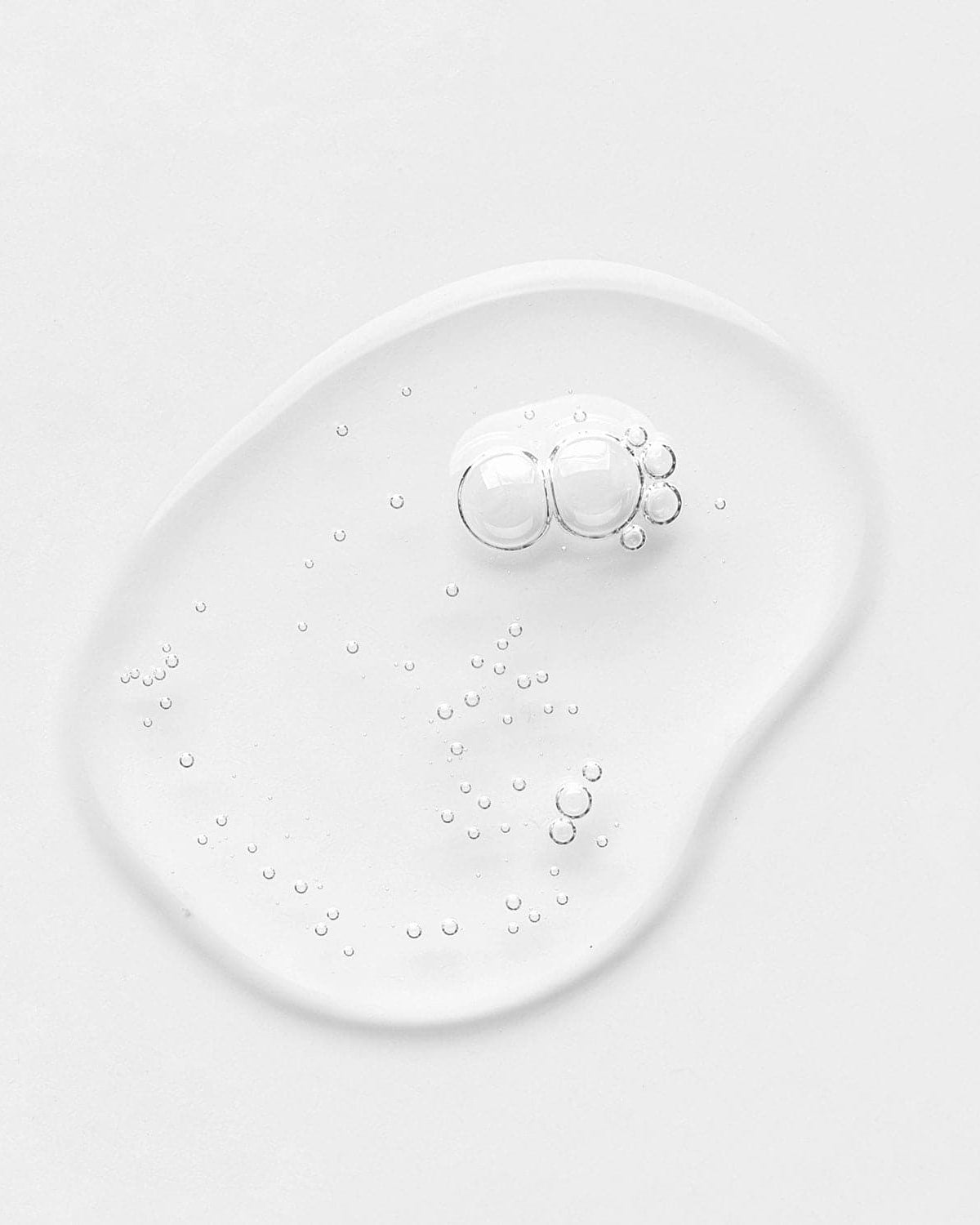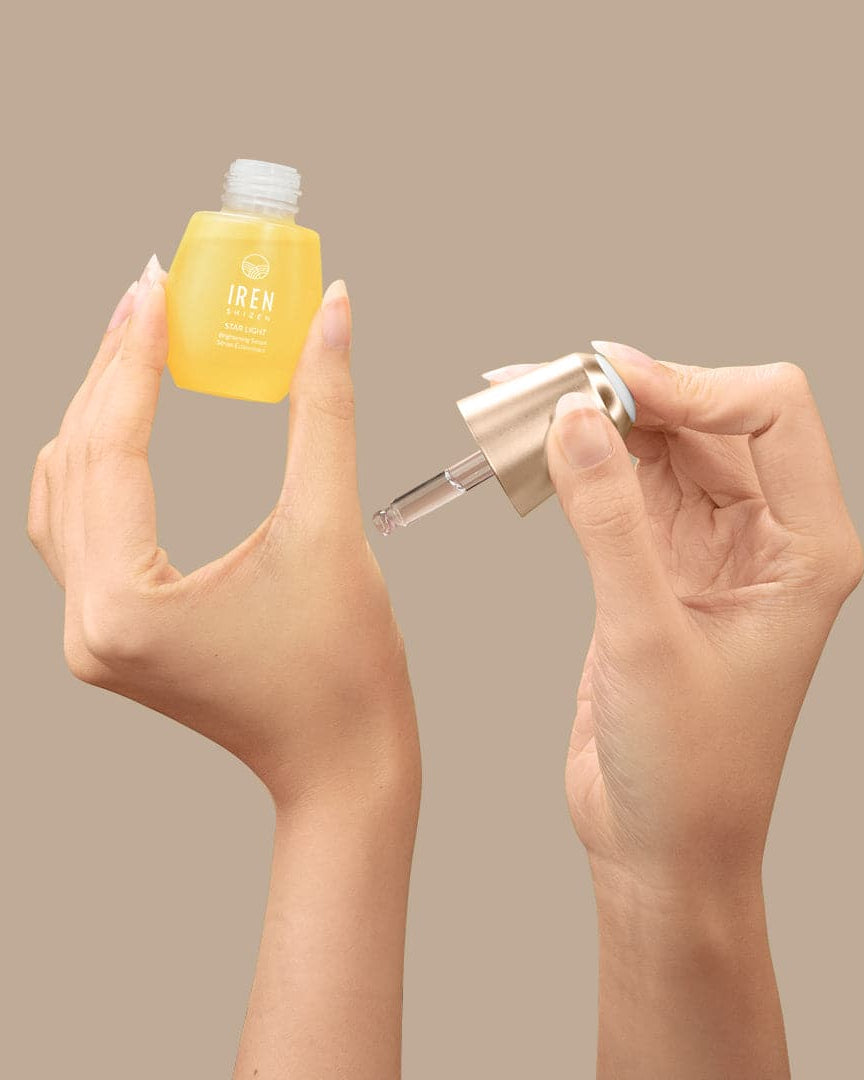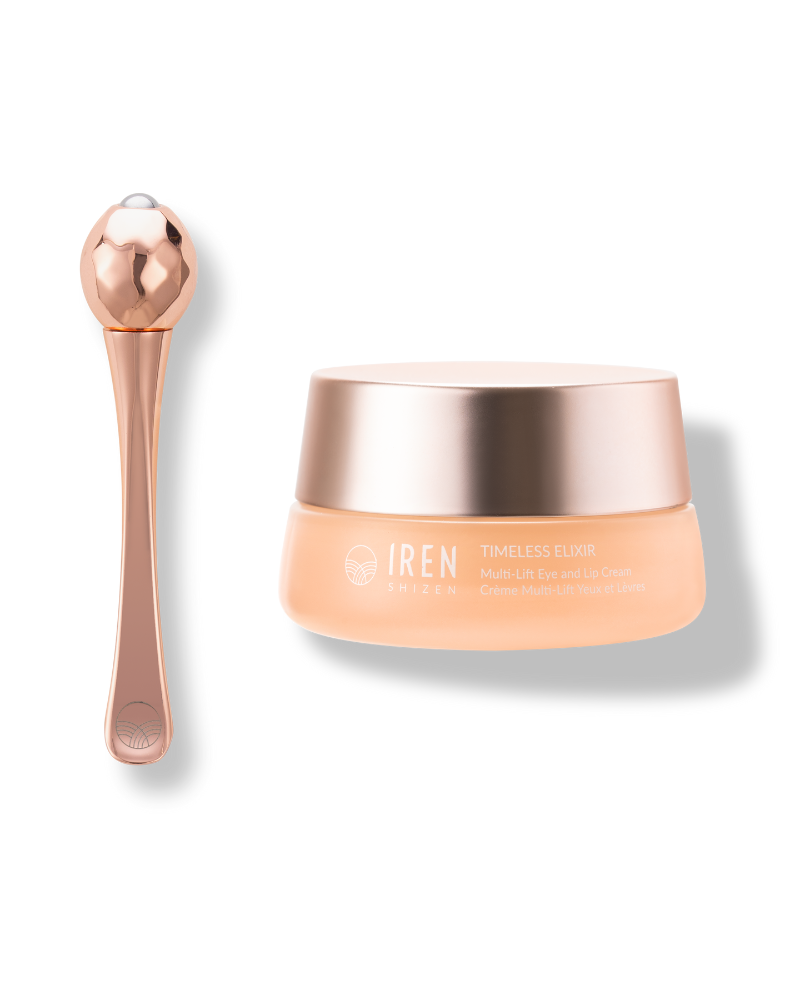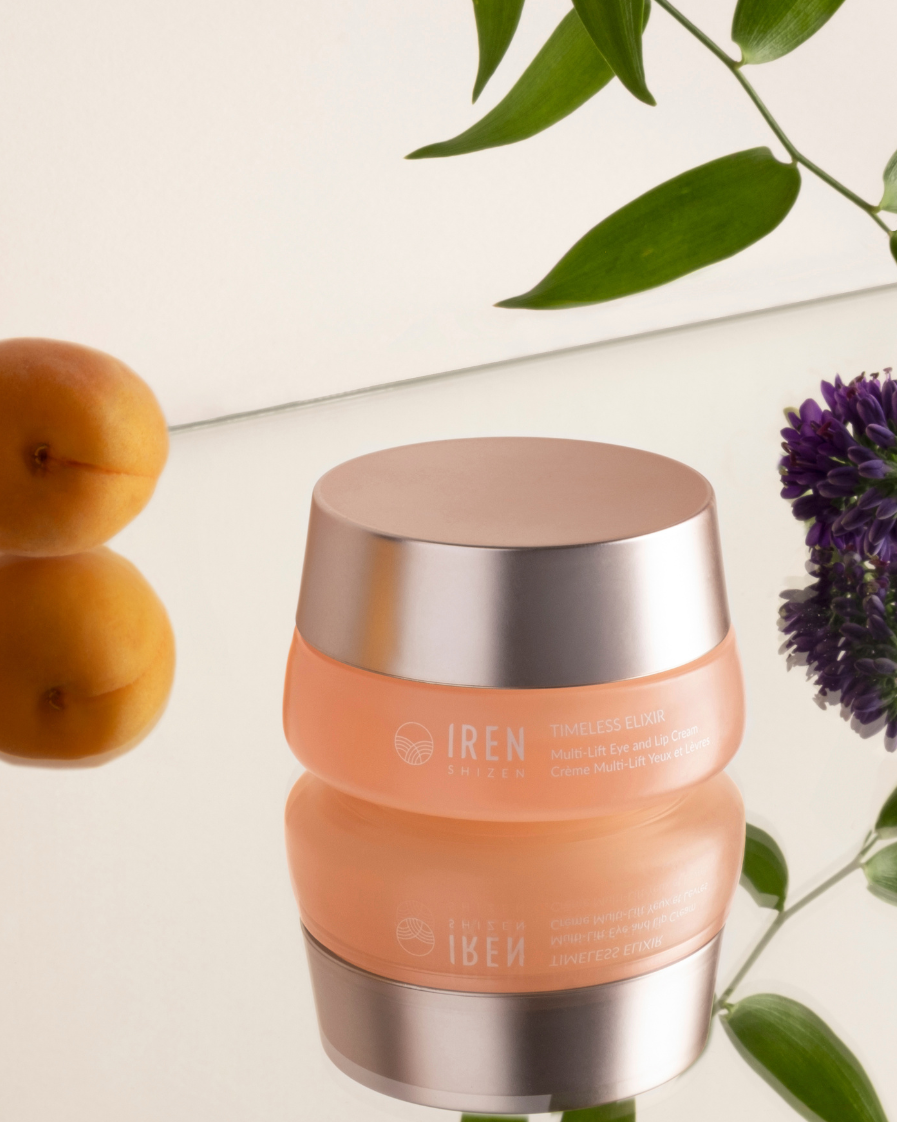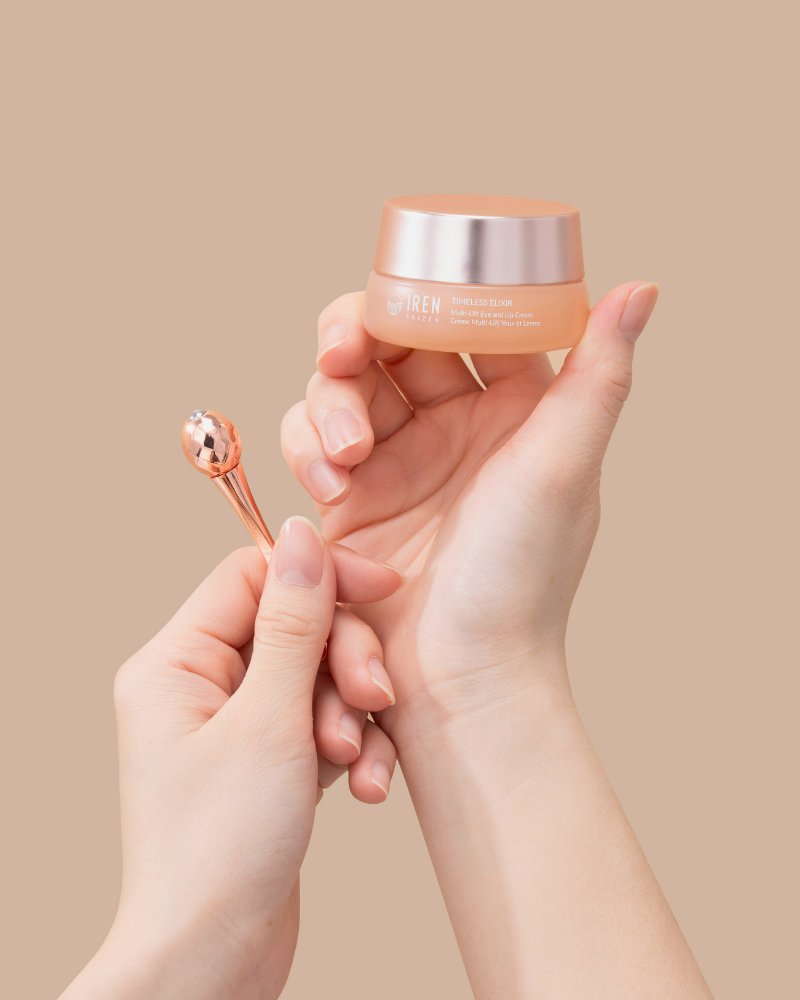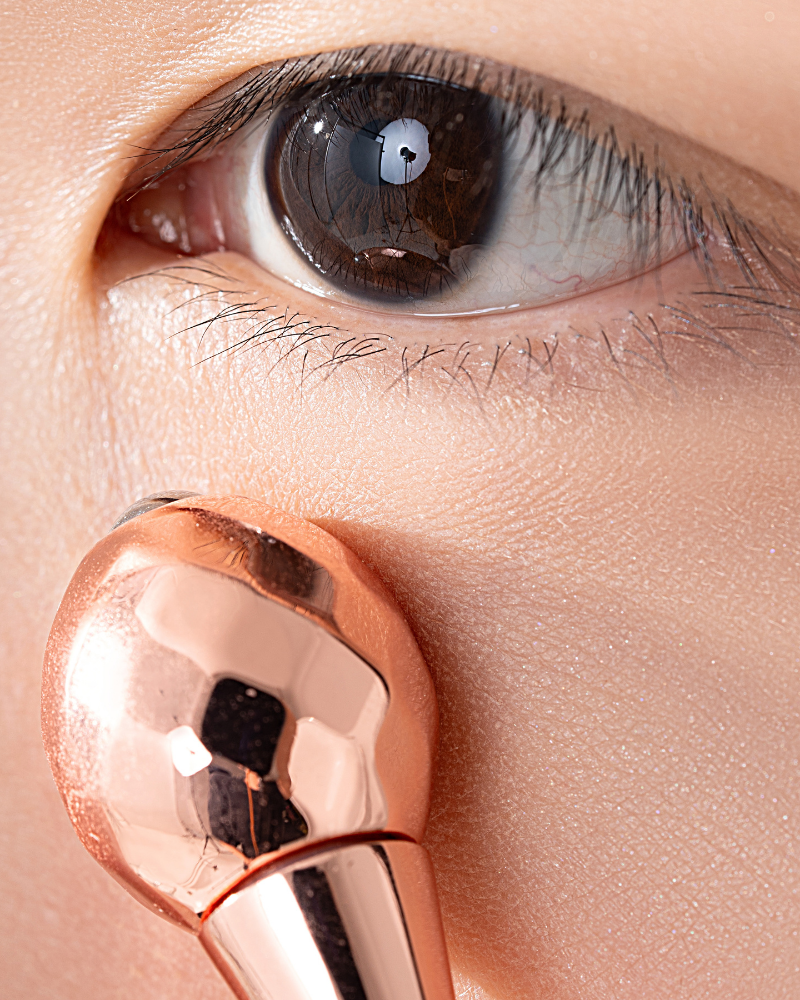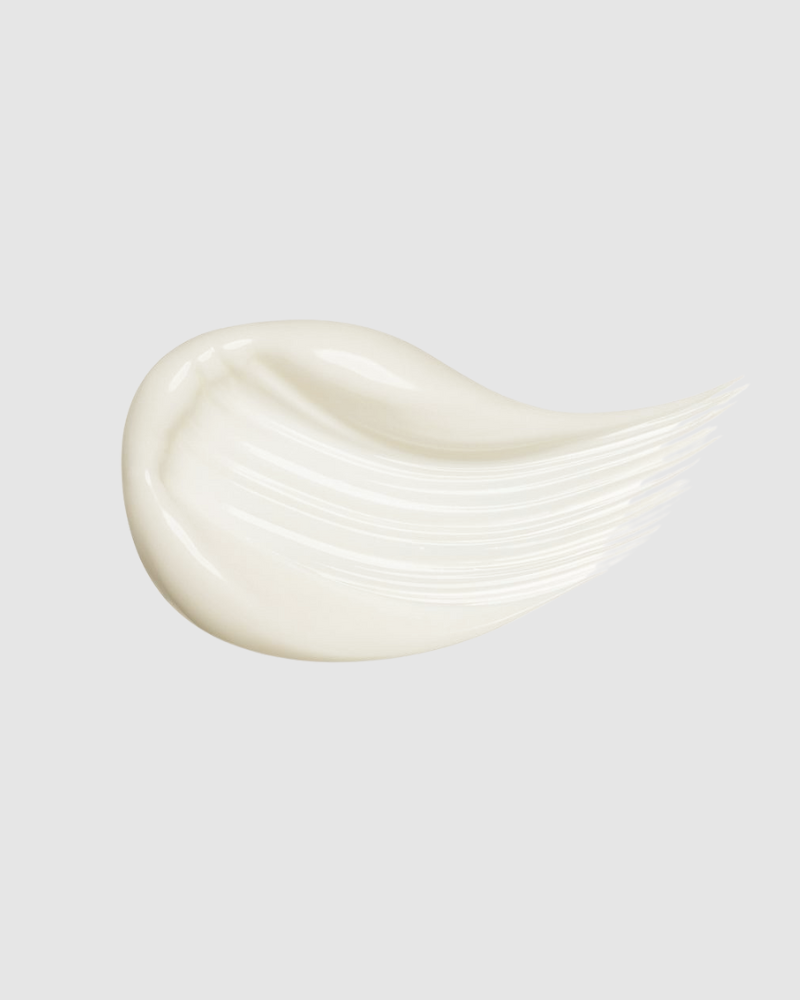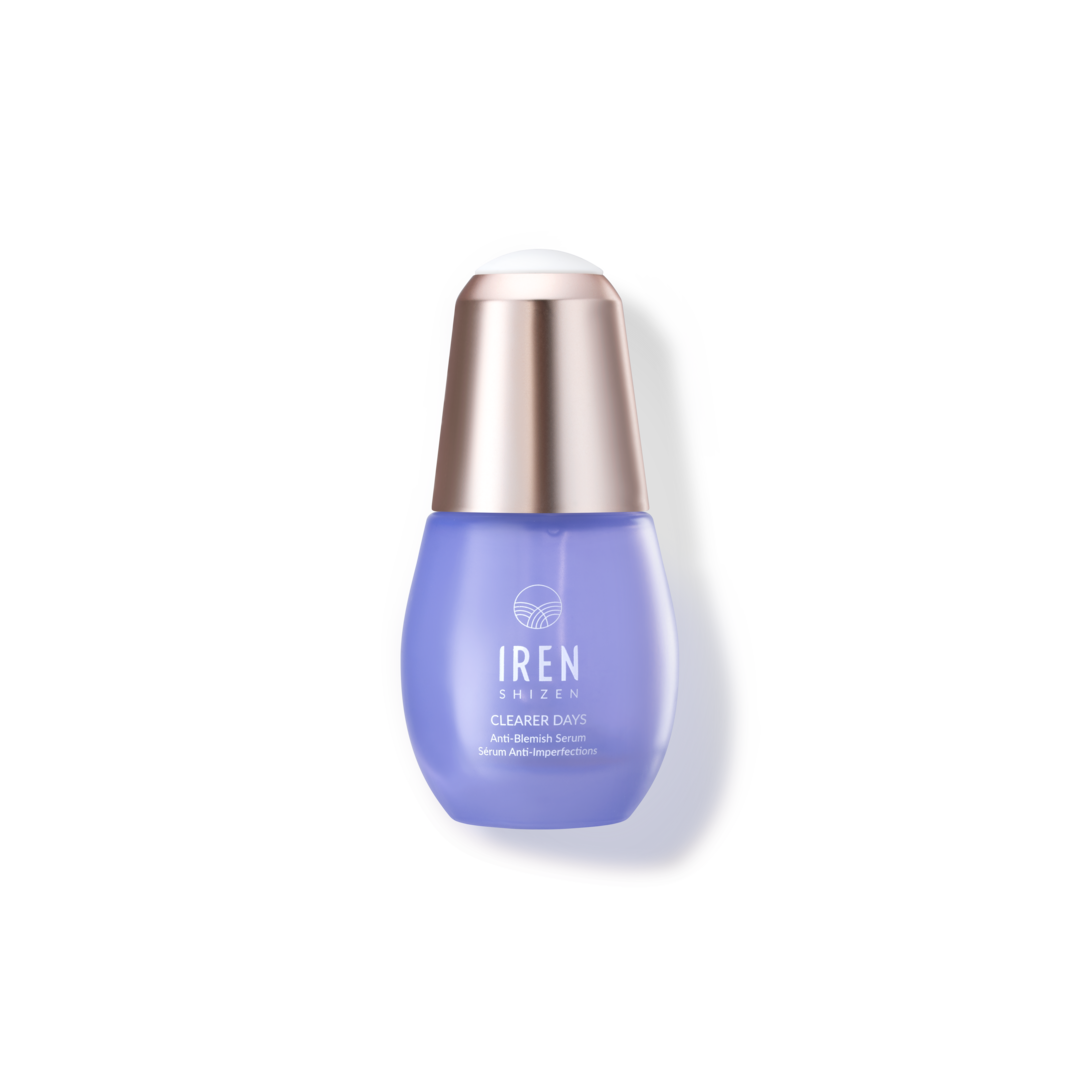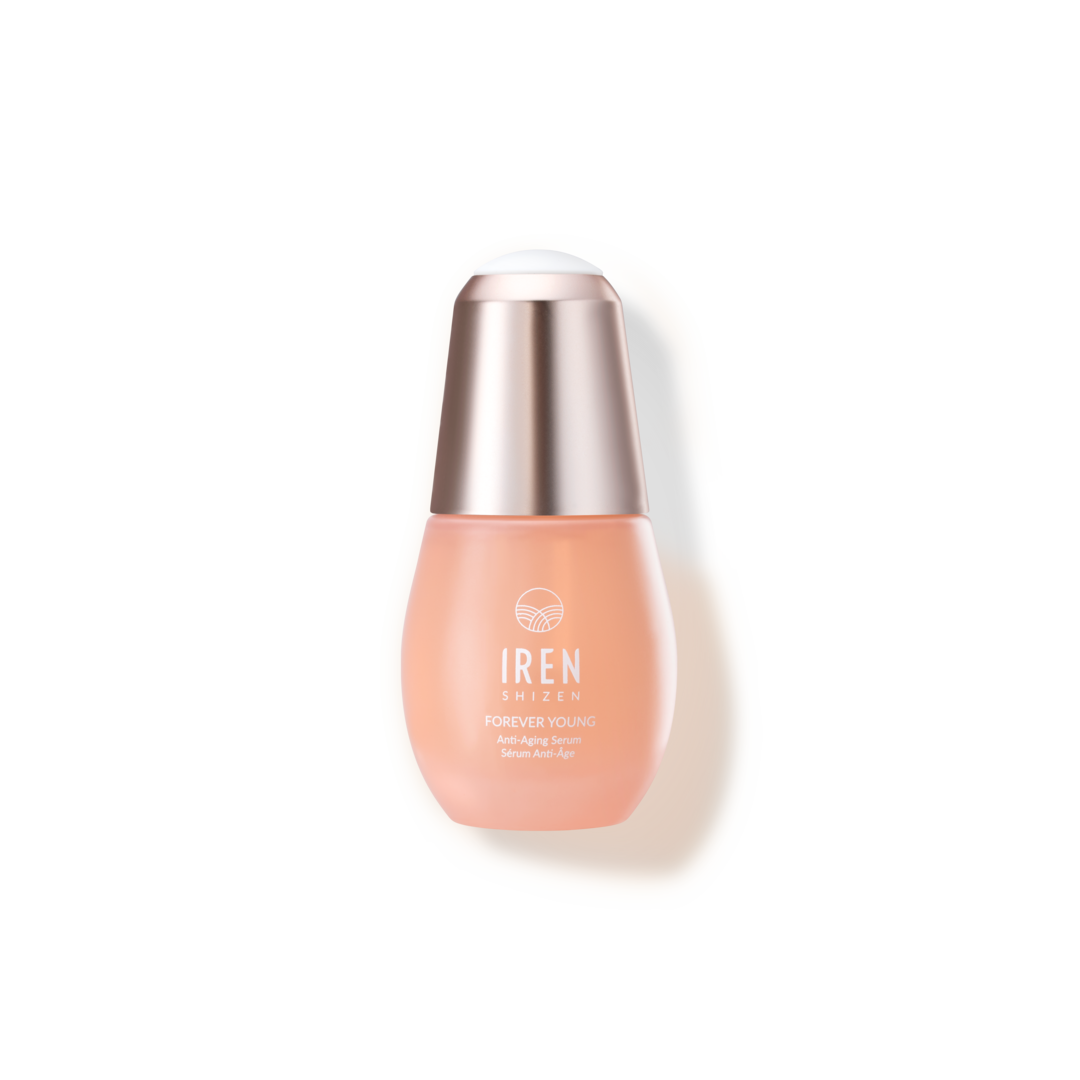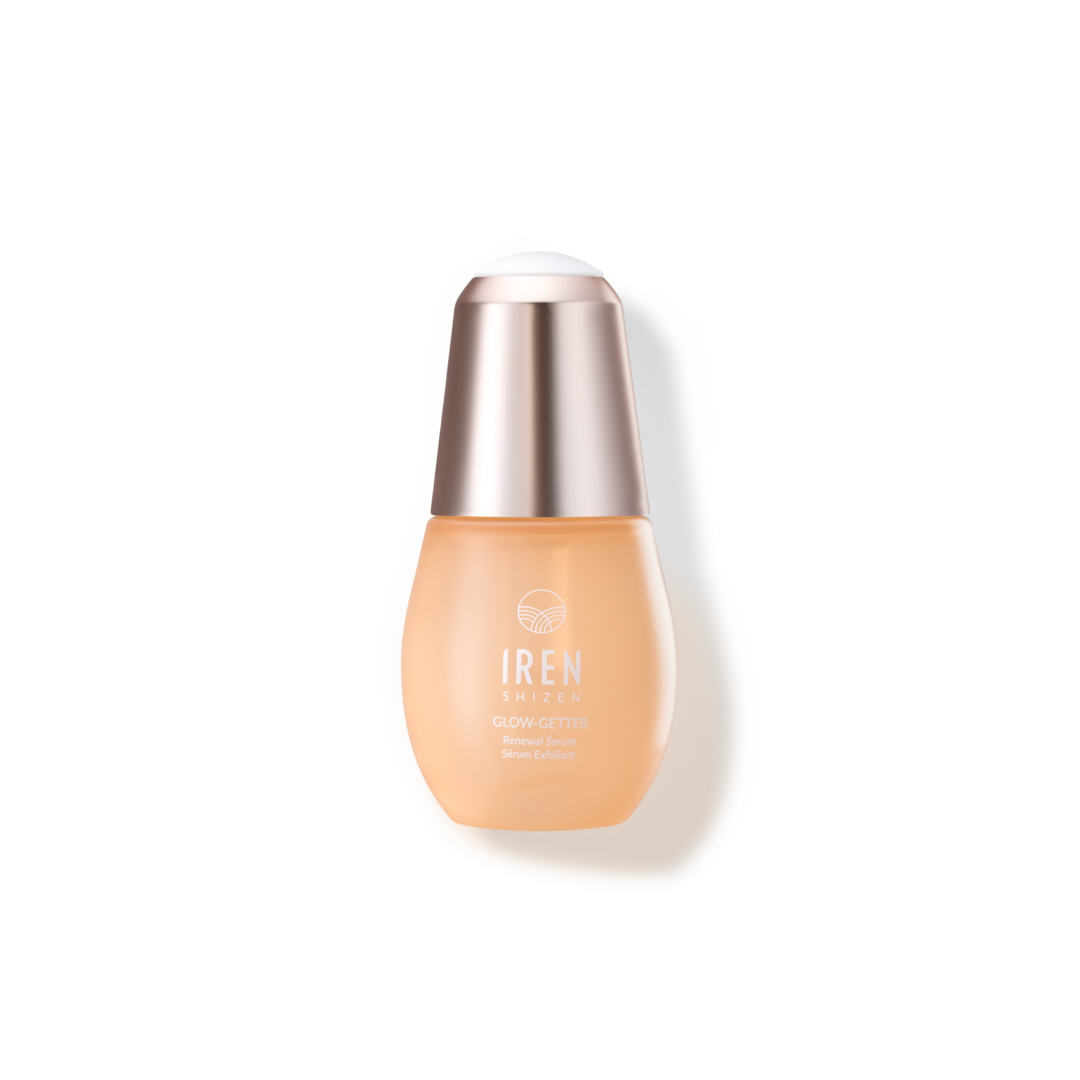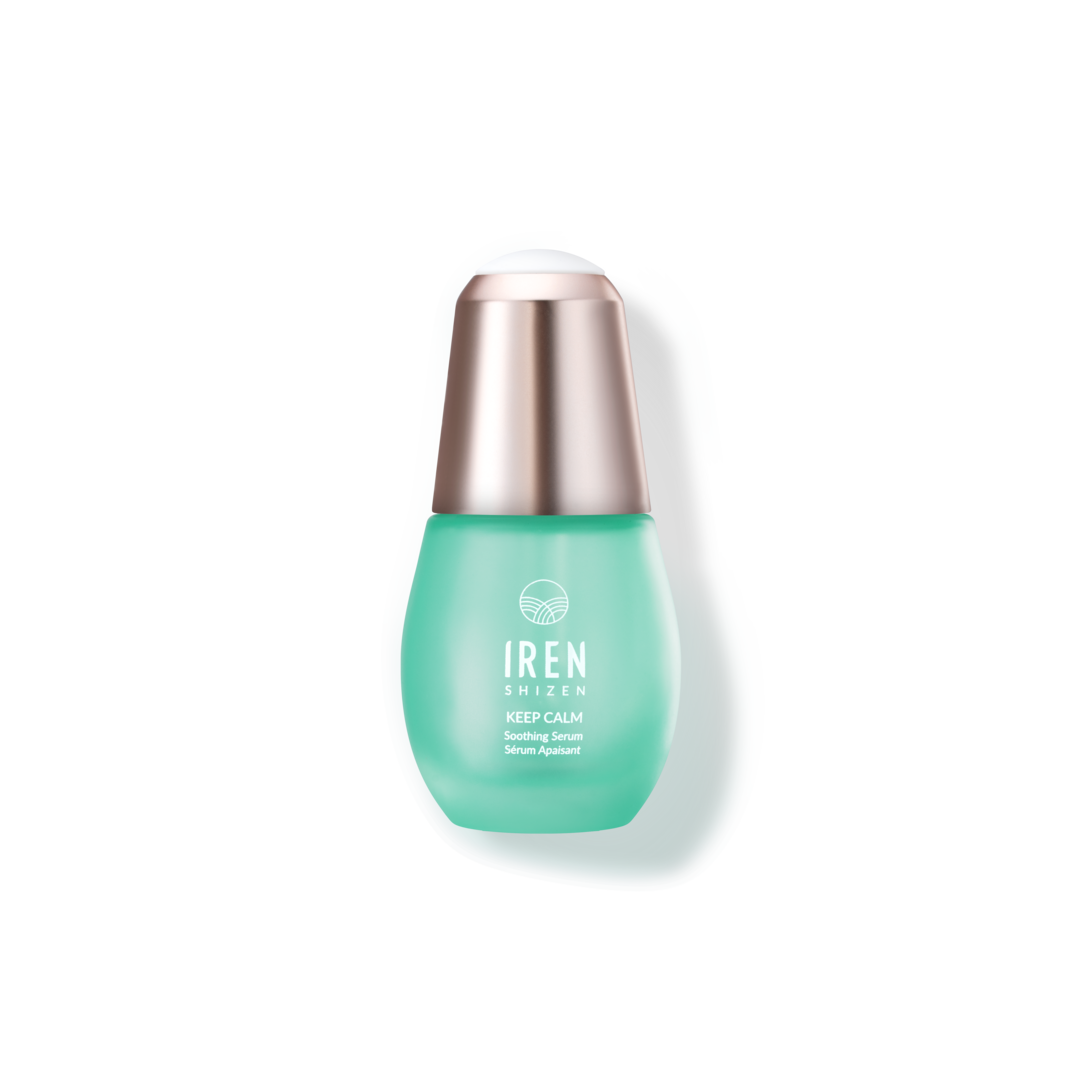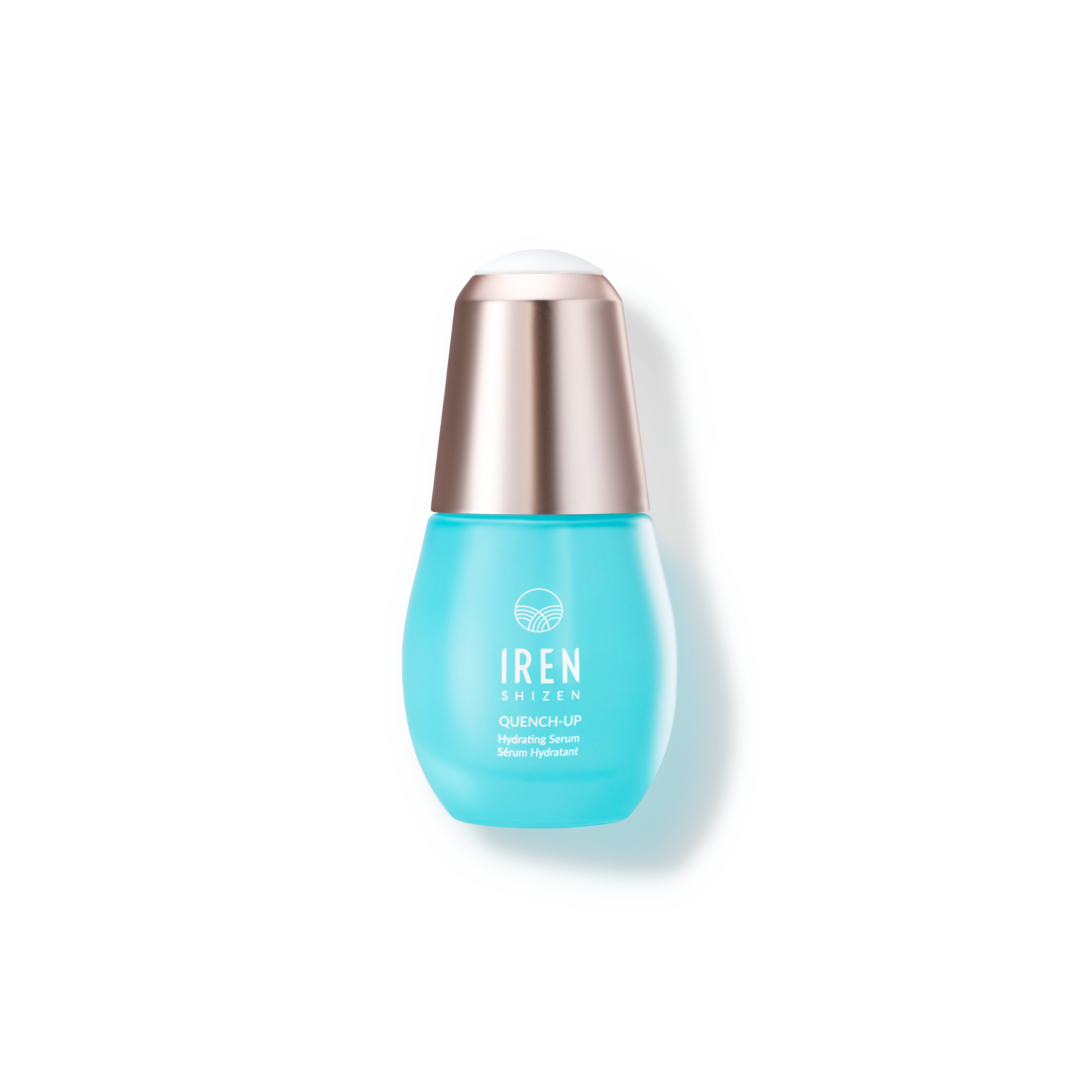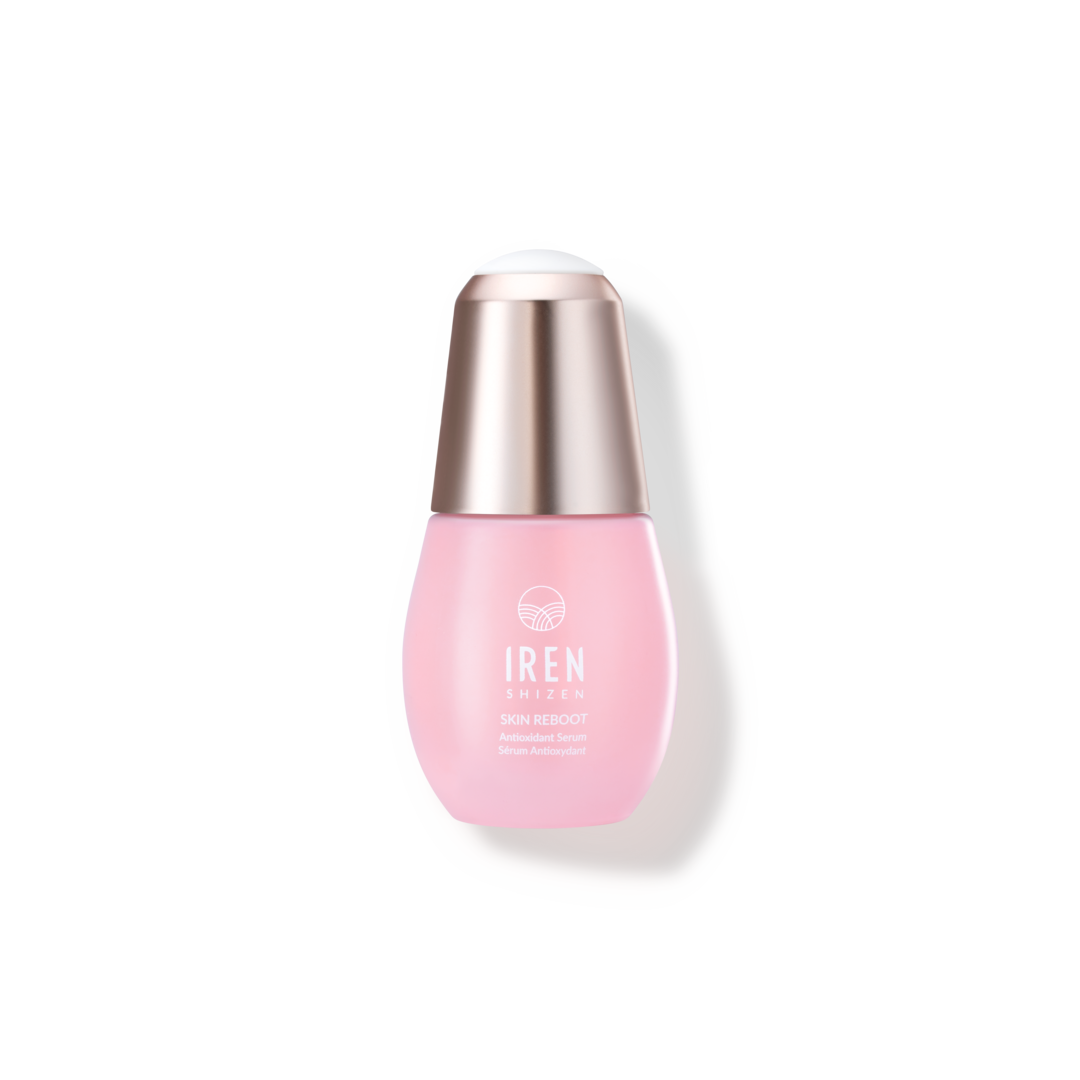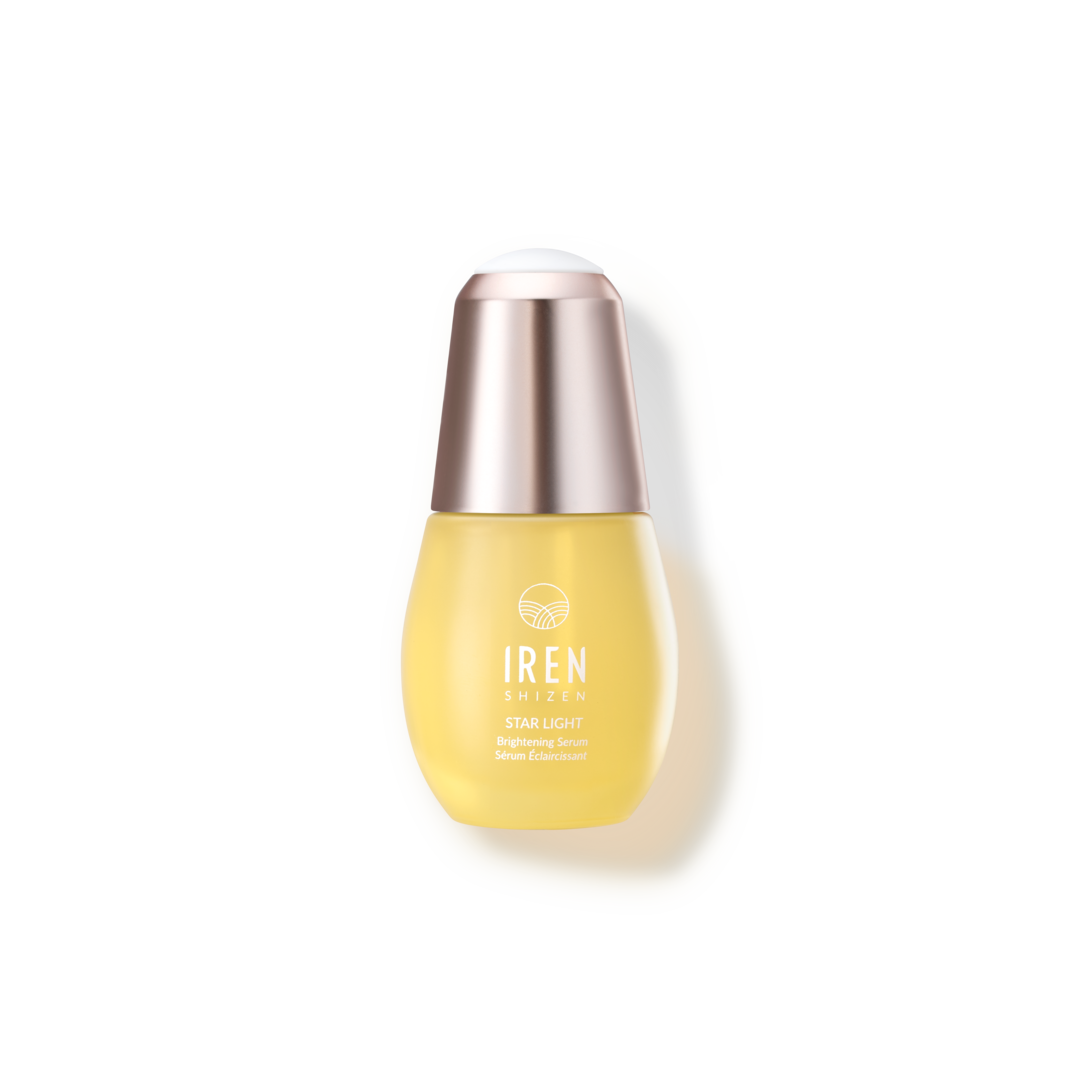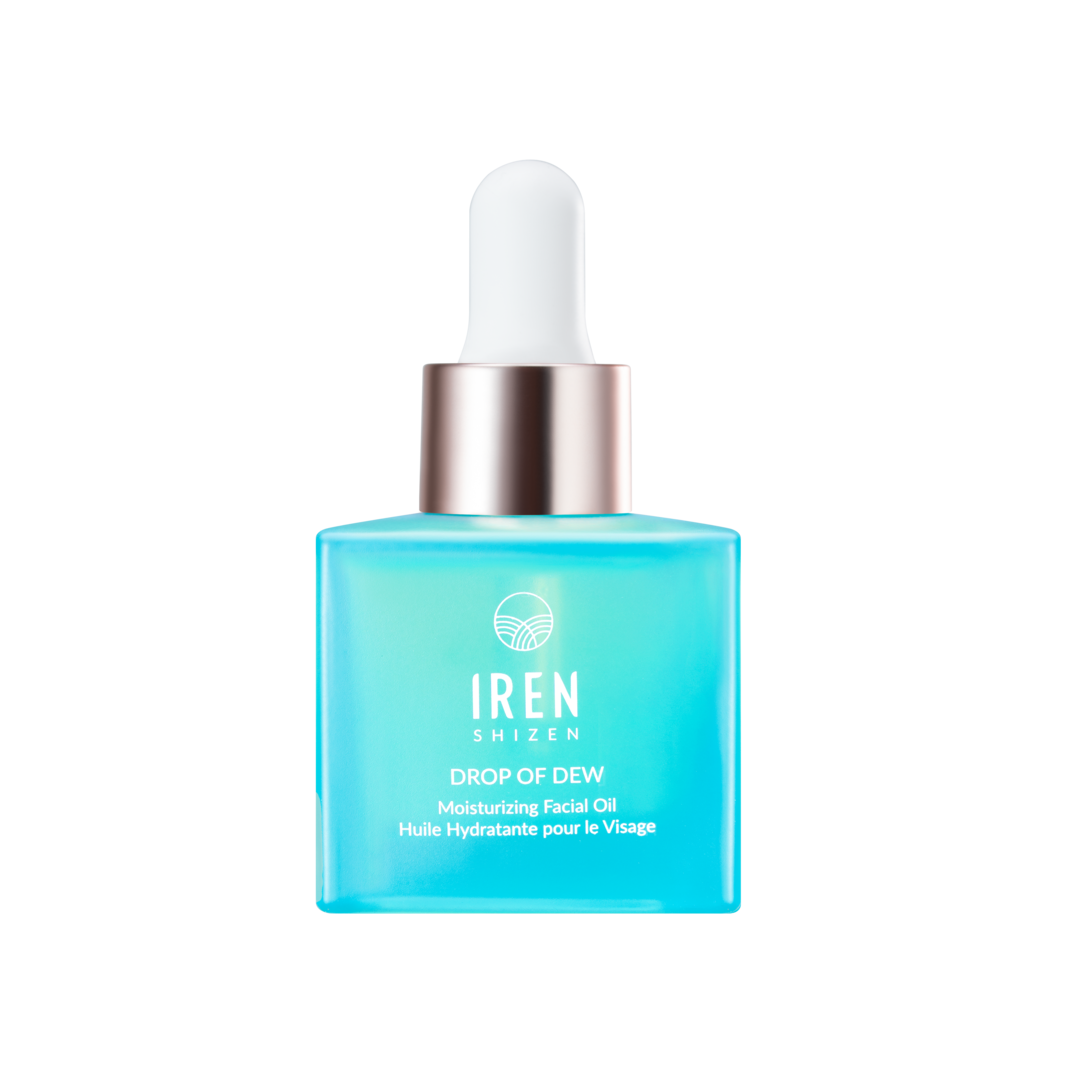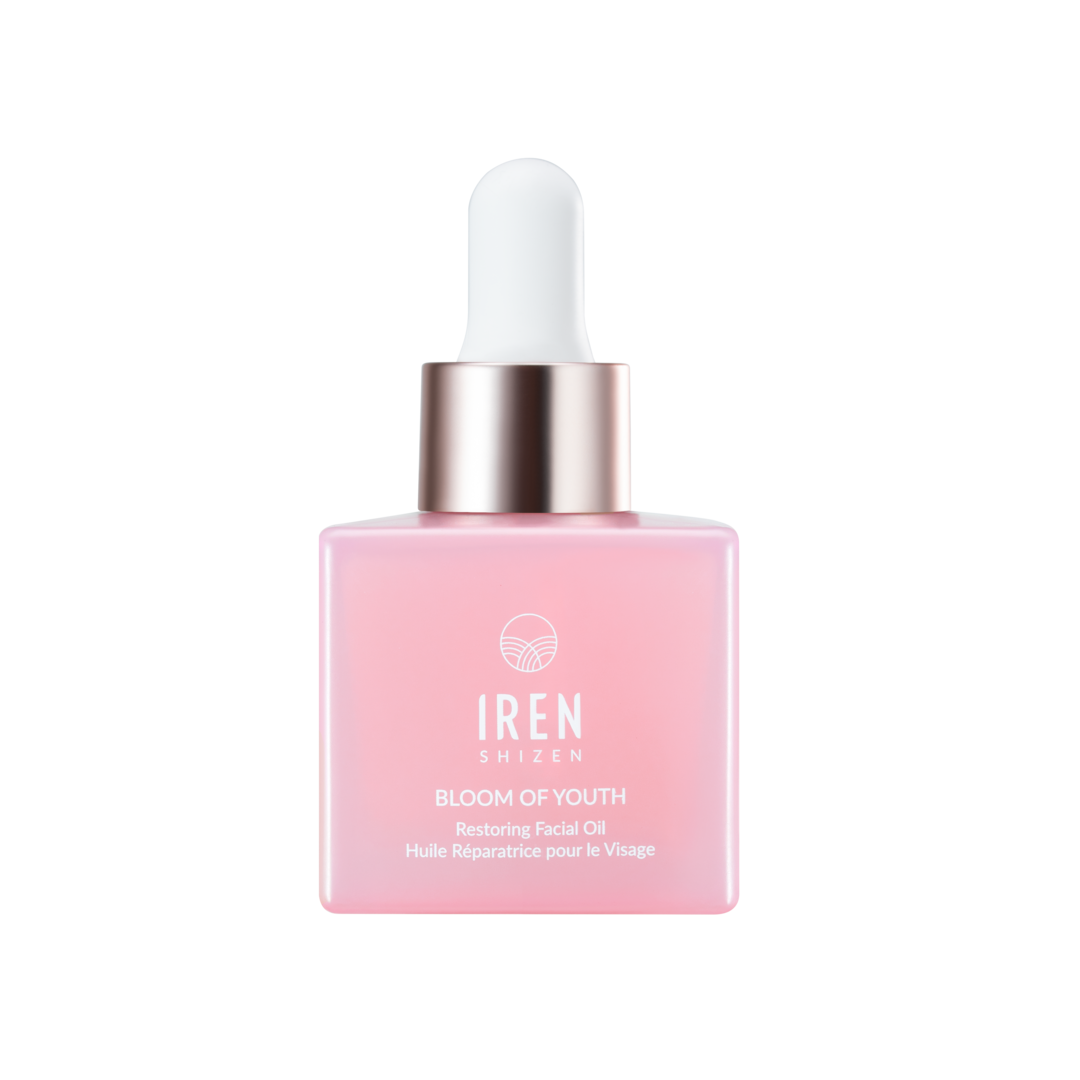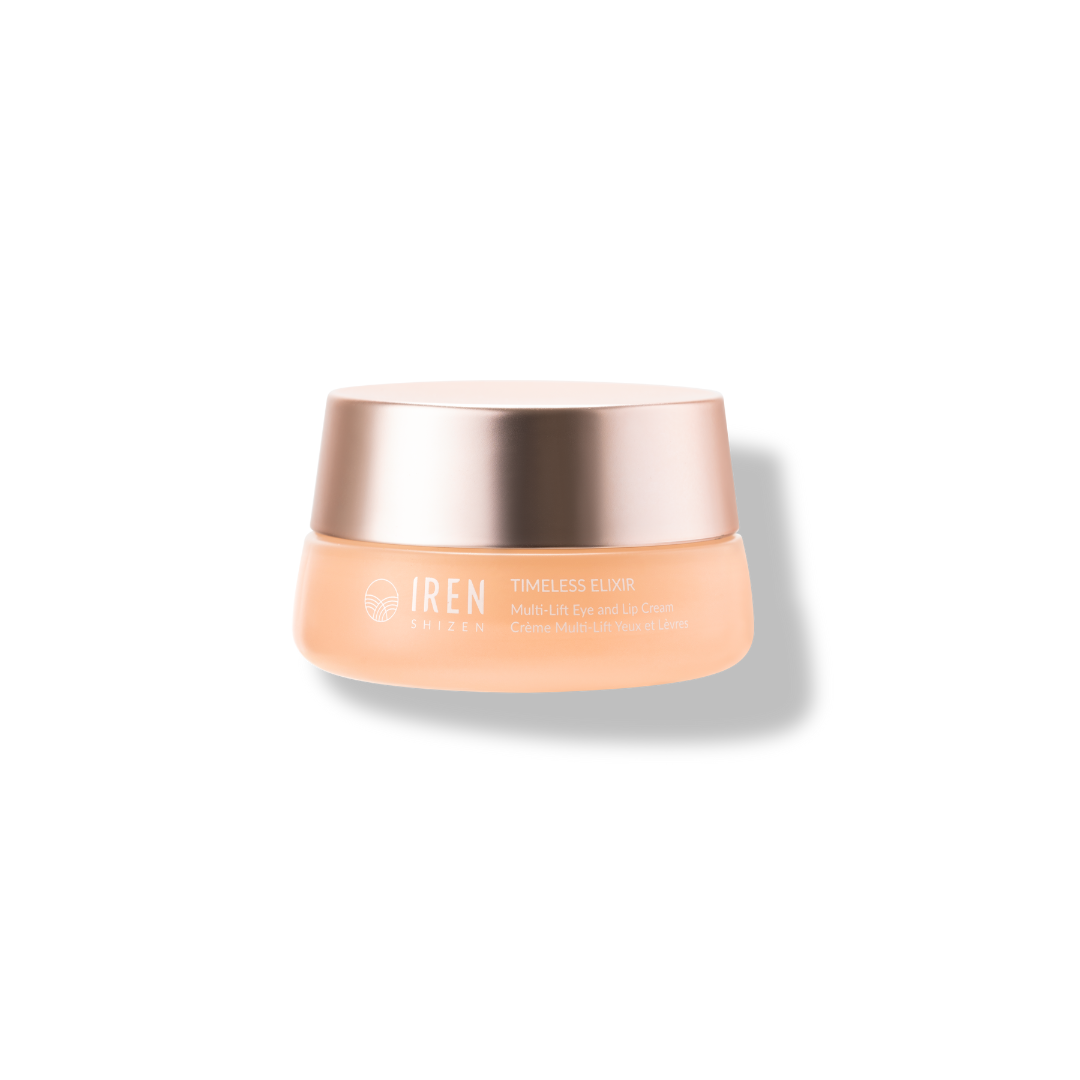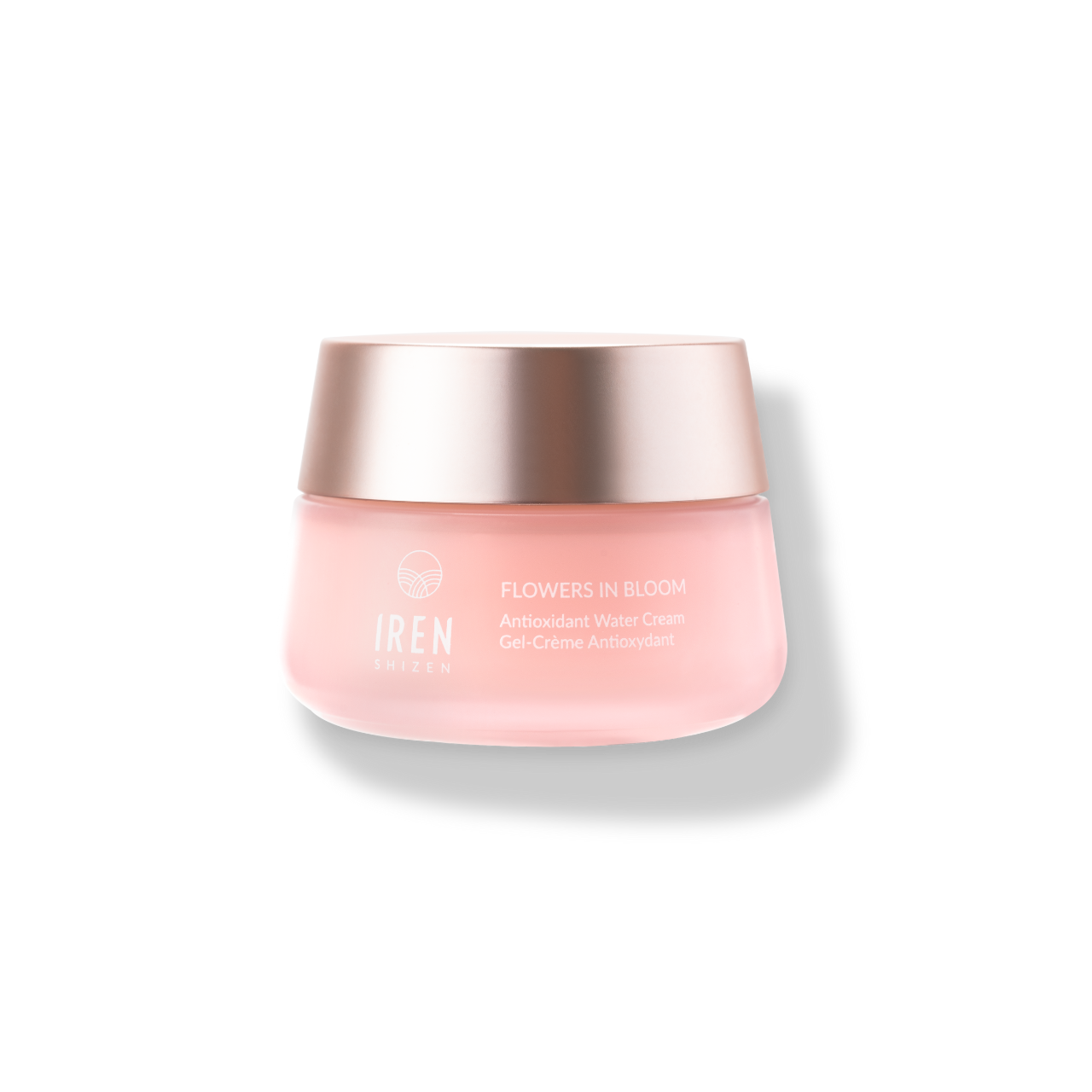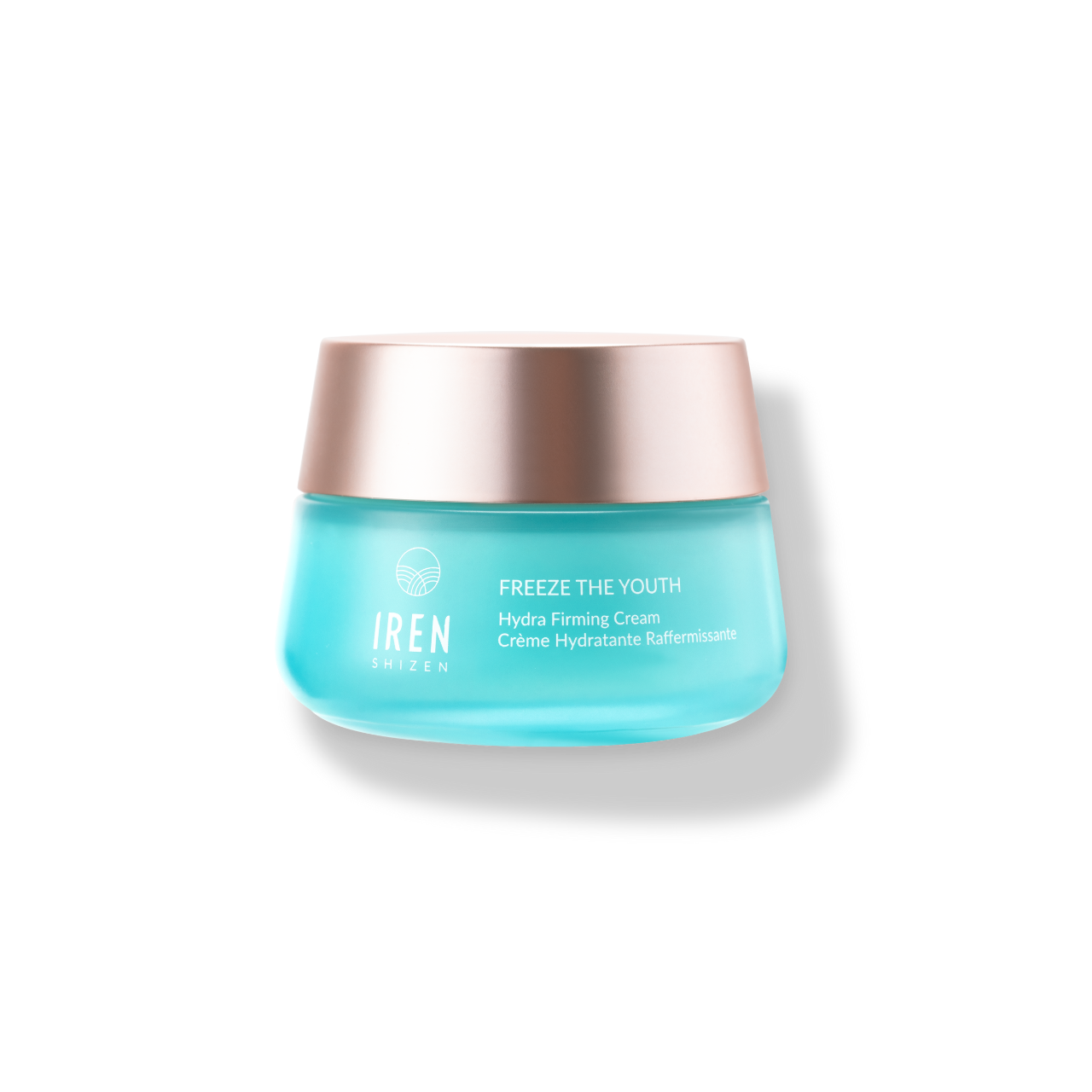Did you know that there’s more to self-care than just skincare? Sure, that LUSH bath bomb does a great job in calming you down on your most stressful days (trust us, we know!), but the art of personal care goes way beyond that! Ever heard the saying, “your body’s a temple?”
Think of it as a sacred place that you have to treasure for the rest of your life. It takes way more than skincare to pamper it, which brings us to the quest for good holistic health and its essential role in all-rounded wellness. In this article, we discuss the various ways you can incorporate wellness into your daily routine to restore the balance between inner and outer beauty, as well as serenity.
The Importance of Good Holistic Health

Ever wondered why so many people (celebrities like Jennifer Aniston, Kate Hudson, and Ashley Tisdale included!) have taken to preaching holistic wellness nowadays? It’s pretty simple, really—we’re in the era of self-care! Enough of putting toxic things in and on our bodies; it’s time for a good detox, loves!
According to National Research Professor, Dr. Patwardhan, holistic health is an “approach to healing that goes beyond just eliminating symptoms” and “considers the whole person—body, mind, and spirit.” Deriving from the Greek word ‘holos’—meaning ‘whole,’ holism looks at things from a much bigger perspective, which brings us back to our point! Skincare is just a small part of self-care, and it takes more than just that to achieve good holistic health for your body, mind, and spirit to flourish.
With that being said, good holistic health should ease the pressures of our mundane, cosmopolitan lifestyle. How so, you ask? From having a daily skincare regime (one that’s tailored specifically for your skin type, by the way!), healthy lifestyle habits, regular exercise, and stable physical, emotional and mental health, amongst others depending on the individual.
How to Improve your Holistic Health with Skincare and Wellness

1. Understand What You’re Applying On Your Skin
Perhaps the most fundamental aspect of having healthy skin is to have a daily skincare routine that is personalized for it. As our skin is our body’s largest organ and is what anyone first sees when meeting us, it’s important to take good care of it. Almost everything we do in our daily lives can affect the way our skin looks (a domino effect, essentially!), from lifestyle habits to harmful skincare products, which is why you should always invest in quality skincare that can keep your skin glowing.
To do this, you need to identify your skin type and its concerns to find the right products that target said concerns. It is not enough to simply rely on all-in-one products that may not even be suitable for your skin type. What you can do instead is to study what works best for your skin and learn how to decode ingredient lists so that you know for sure the product you choose contains the right actives to treat your skin woes.
Besides the usual skincare tips you need to adhere to (like having a set skincare routine, using sunscreen everyday, and not exfoliating more than twice a week), it is advisable to refrain from using harsh products that can strip your skin of its natural moisture. Additionally, investing in products that have vital ingredients like vitamins and antioxidants will also help ensure your skin is pumped full of healthy actives in the long run.
Lastly, make sure to take the time to pamper yourself when doing your skincare regime. Pampering yourself allows you to de-stress, reduce anxiety, and trigger happy hormones such as serotonin and oxytocin! Remember, skincare shouldn’t be seen as a chore, but more as a self-care sesh to allow your body and mind relax.
2. Eat Healthy and Stay Hydrated
Just like your physical health, eating and drinking healthy will benefit your skin and your complexion over time. Tons of research have proven that a balanced diet is key to treating your acne and inflammation, as well as boosting your skin’s immunity (what’s not to like?).
As nutrition is such a broad topic and we cannot go further into detail about it in this article, here’s a summary of Dietary Guidelines for Americans’ complete list of recommended foods that you should consider when planning your next meal.
If you wish to maintain your blood sugar levels, try to avoid foods like sugar, white bread, processed food, and sodas as they can worsen your acne, break down collagen (shivers in fear), and cause inflammation to your skin. Alternatively, try to eat whole grains and vegetables instead.
Additionally, you should consume vitamins from the source (like raw vegetables and fruits), antioxidant-rich foods (dark green vegetables and nuts amongst others), fiber (beans and chia seeds), and healthy fats (fish, avocado, and nuts). This is so that your skin can help fight off free radicals that may attack your cells, lower your cholesterol and boost your immune system.
At the end of the day, it is all about moderation and balancing the good and the bad. Like they say, “too much of a good thing.” Don’t go overboard with unhealthy foods or go to the extremes of solely eating healthy foods. Food is meant to be enjoyed at the end of the day!
3. Embrace An Active Lifestyle
Thinking about taking up that Zumba class? Or perhaps spin? Well, this is your sign to do so. You’d be happy to know that exercise equates to better health and skin. According to board-certified dermatologist and founder of Skin Wellness Dermatology in Birmingham, Alabama, Dr. Hartman, “exercise has innumerable benefits for the body overall and especially for our skin.” And she’s not wrong. Besides making your complexion look more vibrant and glowy, regular exercise has been proven to help with wound healing and providing anti-aging properties to your skin.
As discussed previously in our article 'How to Age Gracefully as a Woman,’ working out releases feel-good hormones like endorphins that help reduce stress and get your heart pumping. In turn, exercise improves your blood circulation, delivers oxygen and nutrients to your skin, and improves your quality of sleep (which we will go into in our next point).
4. Don’t Neglect Proper Sleep
Now listen up because this is important—your skin will be unlikely to glow if you neglect proper sleep. Yeah, you heard us! And trust us when we say this is something we struggle with as well.
Sleep deprivation often comes in the form of visible and mental consequences. The visual includes dark eye circles, puffy eyes, dull and saggy skin. At the same time, mental ones can come in the form of lethargy, the inability to perform well in work or school, distractedness, and many others. Sadly, these factors can also result in higher cortisol levels (your body’s primary stress hormone), leading to inflammation of your skin and worsened skin conditions such as eczema and psoriasis flare-ups.
Sleep allows for your body to rejuvenate itself and restore its natural balance once again, which is why you should create a regular sleep schedule for yourself. If you’re feeling fancy, you can also pamper yourself with sleep-friendly accessories such as a diffuser infused with lavender essential oil and a silk sleep mask to allow your body to relax into it. Trust us, it works!
5. Introduce A Little Creativity into Your Life
Live your life in a little bit of color! Unfortunately, not many people understand the correlation between the creative arts and holistic health. If you haven’t heard about the health effects of music and visual arts therapy, movement-based creative expression, and expressive writing, allow us to enlighten you!
It’s not brand new information that mental health is not as stressed upon as physical health, and that’s a shame. Stress from traumas, childhood, or just overwhelming lifestyle factors varying on different individuals’ experiences all lead to an impacted mental well-being and stressed skin. As touched on above, stress can cause your skin to have acne flare-ups, rashes, hair loss, and worsening skin conditions.
Not to mention, telling someone not to worry and “stress less” may not always be the best advice to give, especially if said person already suffers from mental disorders like anxiety. So where does art come in?
Artistic engagement has been known to be connected with the psychosocial and biological needs of individuals. Evidence suggests that any engagement with artistic-like activities (be it as an observer or creator) can enhance your mood, emotions, and overall psychological well-being.
So open yourself up to the creative world; who knows what it might do for you!
6. Take A Break from Social Media
Yes, we know—it’s easier said than done. We are living in the digital age, after all. However, a social media cleanse may be just what you need should you feel overwhelmed by society’s expectations via what is presented on social media.
With our dependence on social media, our minds are constantly bombarded with depressing news while our feeds are flooded with what is meant to be the ‘ideal life’ through other people’s posts, with a never-ending barrage of opinions circulated on said platforms.
They say social media is toxic, and we wholeheartedly agree. Honestly, with the amount of time you spend on such platforms, you lose more time to truly spend time with yourself and find yourself fixated on how others live their lives instead.
Should you ever feel drained by the outcomes of the digital, it may be time to consider a digital detox. Maybe try it for a week or two, and see how it goes? One thing’s for sure though; your mind will thank you for its much-needed me-time.
